《Team Together》是培生教育集团(Pearson)为 6-12岁儿童 设计的英语学习课程,覆盖CEFR Pre-A1至A2+ 级别。该教材以“团队协作”和“跨学科探索”为核心,通过项目式学习(Project-Based Learning)和丰富的互动活动,帮助学生在掌握英语技能的同时,培养创造力、批判性思维及社会情感能力。其设计紧密结合21世纪核心素养,适合小学阶段的课堂或课外英语学习。
2. 核心特点
-
团队合作驱动:
每个单元围绕团队任务展开(如设计环保海报、策划校园活动),强调协作与沟通能力。 -
跨学科整合(CLIL):
融入科学、艺术、数学等学科内容,例如通过实验学习自然现象词汇,或在手工活动中练习指令性语言。 -
游戏化学习:
结合歌曲、故事、角色扮演及数字游戏,激发学习兴趣,降低语言焦虑。 -
社会情感教育(SEL):
通过情景讨论和反思任务,培养同理心、责任感和解决问题的能力。 -
数字化支持:
配套互动白板工具(ActiveTeach)、在线练习平台及家长互动APP,支持混合式教学。
3. 教材结构
教材按年级分为 6个级别,每级包含 9个单元,每单元结构示例如下:
-
Big Question(核心问题):
通过开放式问题引入单元主题(如“How can we protect our planet?”),激发探索欲。 -
Vocabulary & Language(词汇与语言):
-
主题词汇:结合图片、动作(TPR)和闪卡学习,如环保相关术语。
-
语法与句型:在情境中自然输入,例如用“We should…”讨论环保行动。
-
-
Skills(技能训练):
-
听力:对话、儿歌、短篇故事,训练细节捕捉能力。
-
口语:小组讨论、角色扮演(如模拟社区会议)。
-
阅读:分级绘本、信息图表和非虚构文本。
-
写作:从句子描摹到创作短篇(如倡议书、日记)。
-
-
Project(项目任务):
团队合作完成实践项目(如制作回收箱、组织班级展览),整合语言与学科知识。 -
Review & Reflect(复习与反思):
通过趣味测验、自我评估表和同伴互评巩固学习,并反思团队协作过程。
4. 适用对象
-
小学阶段学生:6-12岁儿童,尤其适合注重全人教育的学校。
-
混合能力班级:任务分层设计,支持不同水平学生参与。
-
双语或国际学校:作为主教材或补充资源,衔接更高阶学术英语课程。
5. 配套资源
-
学生用书(Pupil’s Book):全彩印刷,含贴纸和剪贴活动页。
-
练习册(Activity Book):语法练习、涂色任务和家庭作业。
-
教师用书(Teacher’s Guide):详细教案、课堂管理技巧及差异化教学建议。
-
数字资源包:
-
ActiveTeach:互动白板软件,含动画、游戏和可打印资源。
-
Pearson English Portal:在线练习、音频视频库及进度追踪工具。
-
家长端APP:提供家庭活动建议与学习进度反馈。
-
-
故事绘本与读者:分级阅读材料,扩展课外阅读。
6. 教学理念
-
项目式学习(PBL):通过真实任务推动语言应用,如策划“班级文化节”。
-
全人教育:平衡语言能力与情商、团队协作等软技能培养。
-
形成性评价:通过观察记录、项目展示和数字平台数据评估学生进步。
7. 市场反馈与优势
-
学生参与度高:儿童对团队任务和动手项目表现出强烈兴趣。
-
教师易用性:清晰的单元结构和丰富的数字资源减轻备课压力。
-
家长认可度:APP中的家庭活动促进亲子互动,巩固课堂学习。
8. 与其他培生教材对比
-
vs. 《Rise and Shine》:
两者均针对少儿,但《Team Together》更强调跨学科项目和团队协作,而《Rise and Shine》侧重游戏化与基础语言技能。 -
vs. 《Big Fun》:
《Big Fun》面向更低龄儿童(3-6岁),以玩耍为主;《Team Together》则适合小学阶段,学术性更强。
总结
《Team Together》以团队合作与跨学科探索为特色,为小学英语教育提供了一条兼具语言能力与综合素质培养的创新路径。其丰富的实践任务和数字化支持,使其成为注重互动与全人发展的教育机构优选。如需样章或进一步咨询,可访问培生官网或联系当地教育经销商。
Pearson’s Team Together is a dynamic English language course designed for children aged 6–12 (CEFR levels Pre-A1 to A2+). Centered on collaboration and cross-curricular exploration, this course combines project-based learning with interactive activities to develop language skills, creativity, critical thinking, and social-emotional competencies. Aligned with 21st-century educational goals, it is ideal for primary school classrooms or extracurricular English programs.
2. Key Features
-
Collaboration-Driven Learning:
Each unit revolves around team tasks (e.g., designing eco-posters, organizing school events) to foster communication and teamwork. -
CLIL Integration:
Integrates subjects like science, art, and math (e.g., learning vocabulary through experiments or practicing instructional language via crafts). -
Gamified Activities:
Engages learners through songs, stories, role-plays, and digital games to reduce language anxiety. -
Social-Emotional Learning (SEL):
Develops empathy, responsibility, and problem-solving through scenario-based discussions and reflective tasks. -
Digital Tools:
Supported by interactive whiteboard software (ActiveTeach), online platforms, and a parent app for blended learning.
3. Course Structure
The series is divided into 6 levels, each containing 9 units. A typical unit includes:
-
Big Question:
Introduces themes with open-ended questions (e.g., “How can we protect our planet?”) to spark curiosity. -
Vocabulary & Language:
-
Thematic Vocabulary: Taught via visuals, Total Physical Response (TPR), and flashcards (e.g., environmental terms).
-
Grammar & Structures: Contextualized learning (e.g., using “We should…” to discuss eco-actions).
-
-
Skills Development:
-
Listening: Dialogues, songs, and short stories to enhance comprehension.
-
Speaking: Group discussions, role-plays (e.g., simulating community meetings).
-
Reading: Graded fiction/non-fiction texts and infographics.
-
Writing: From sentence formation to creating short texts (e.g., petitions, diaries).
-
-
Project:
Collaborative tasks (e.g., building recycling bins, organizing class exhibitions) to apply language and subject knowledge. -
Review & Reflect:
Self-assessment quizzes, peer feedback, and reflections on teamwork and learning outcomes.
4. Target Audience
-
Primary Students: Ages 6–12, especially in schools emphasizing holistic education.
-
Mixed-Ability Classes: Tiered activities accommodate diverse proficiency levels.
-
Bilingual/International Schools: Serves as a core or supplementary resource bridging to academic English.
5. Supplementary Resources
-
Pupil’s Book: Full-color print with stickers and cut-out activities.
-
Activity Book: Grammar exercises, coloring tasks, and homework assignments.
-
Teacher’s Guide: Detailed lesson plans, classroom management tips, and differentiation strategies.
-
Digital Resources:
-
ActiveTeach: Interactive whiteboard software with animations, games, and printables.
-
Pearson English Portal: Online exercises, audio/video library, and progress tracking.
-
Parent App: Activity ideas and learning updates for home reinforcement.
-
-
Graded Readers: Themed storybooks to extend reading beyond the classroom.
6. Pedagogy
-
Project-Based Learning (PBL): Real-world tasks (e.g., planning a “Culture Day”) drive language application.
-
Holistic Development: Balances language skills with SEL and teamwork.
-
Formative Assessment: Tracks progress through observations, project presentations, and digital analytics.
7. Market Reception & Strengths
-
High Engagement: Students thrive on hands-on projects and collaborative tasks.
-
Teacher-Friendly: Clear unit structures and digital tools streamline lesson planning.
-
Parent Involvement: The app fosters home-school connections with guided activities.
8. Comparison with Other Pearson Courses
-
vs. Rise and Shine:
Team Together emphasizes cross-curricular projects and teamwork, while Rise and Shine focuses on gamified foundational skills. -
vs. Big Fun:
Big Fun targets younger learners (ages 3–6) with play-based activities, whereas Team Together suits primary students with academic rigor.
Conclusion
Team Together redefines primary English education by merging language learning with collaborative, cross-disciplinary projects. Its emphasis on teamwork, creativity, and real-world application makes it a standout choice for educators prioritizing holistic development. For samples, pricing, or institutional inquiries, visit Pearson’s official website or contact local educational distributors.

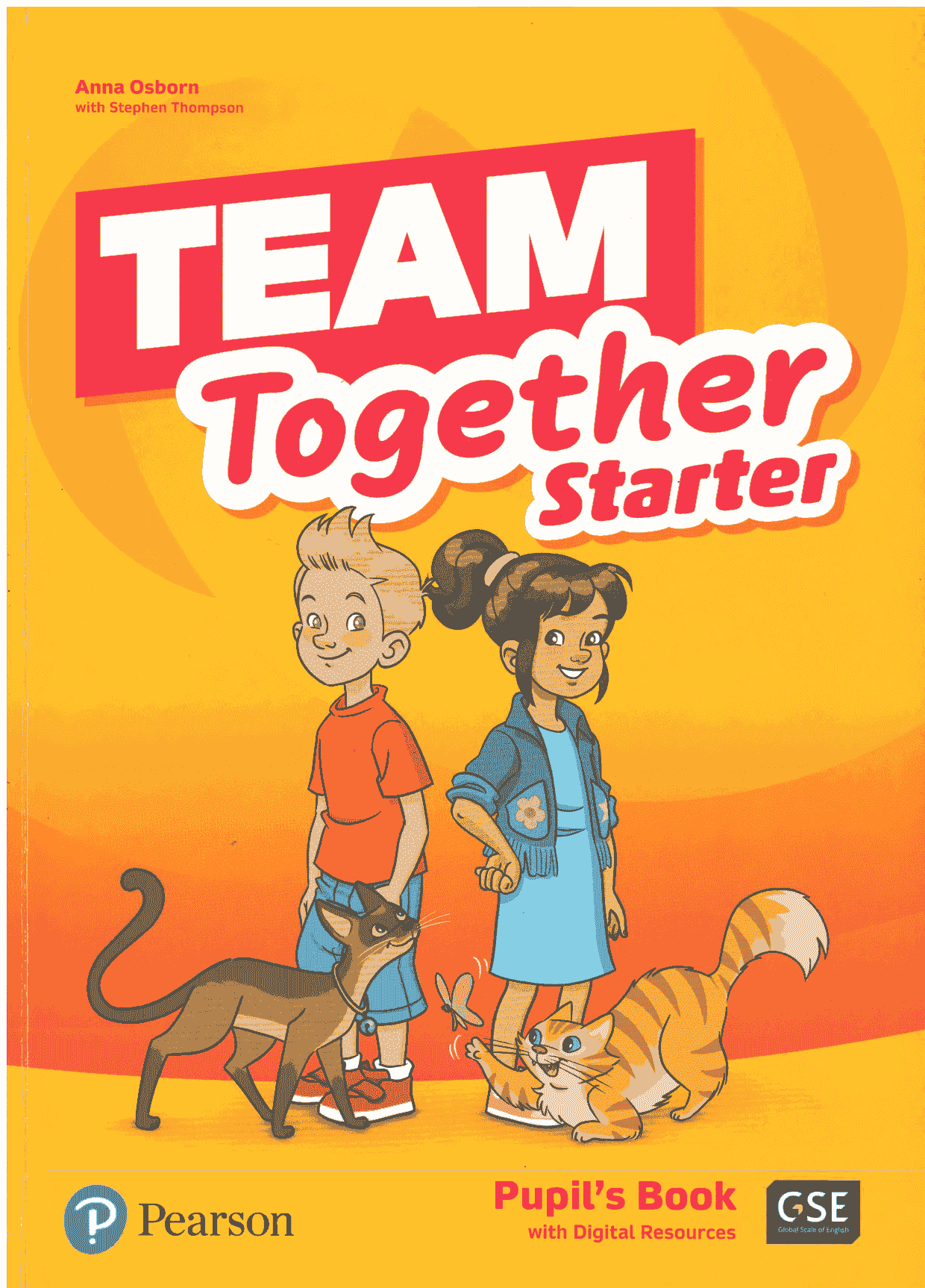
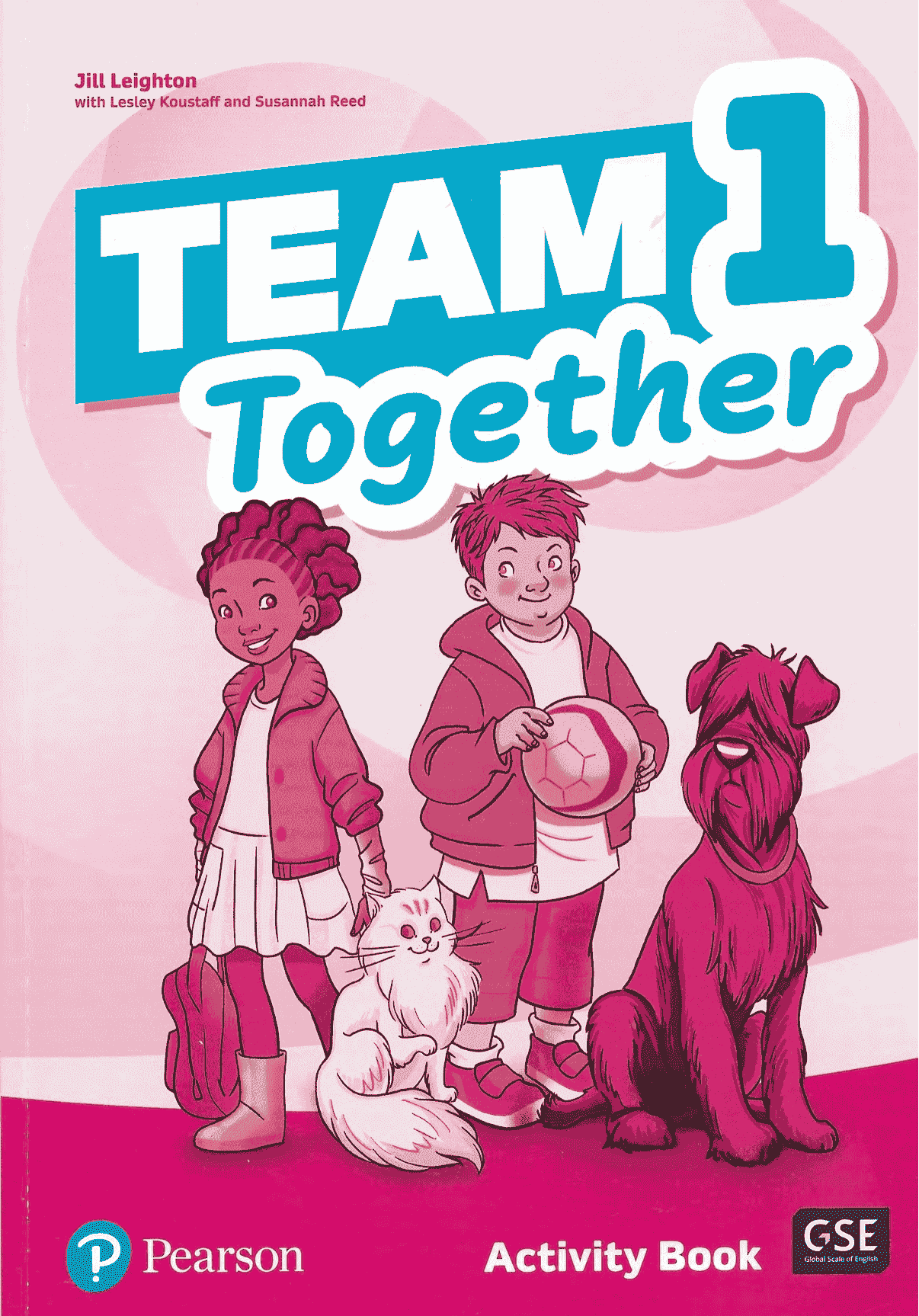
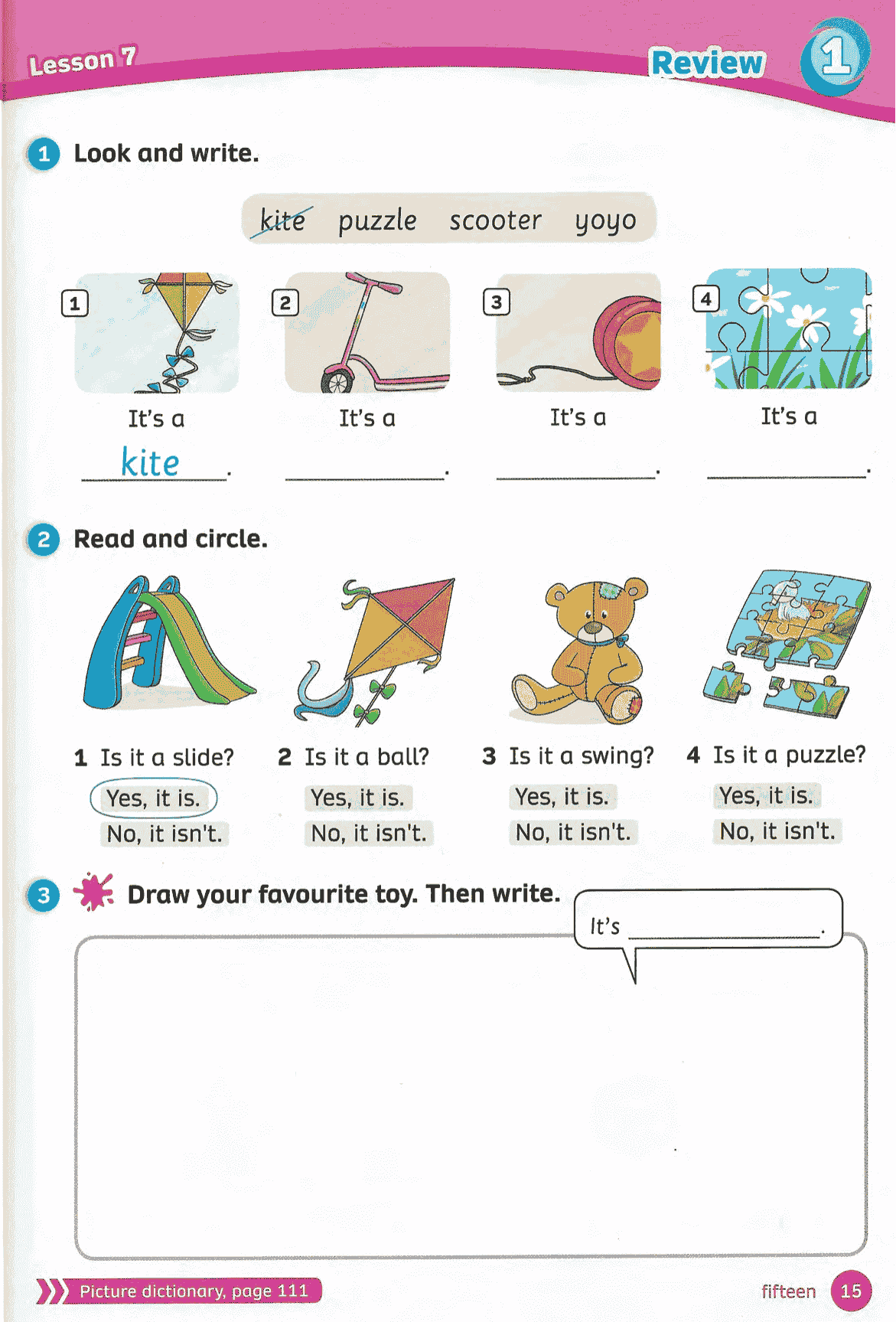
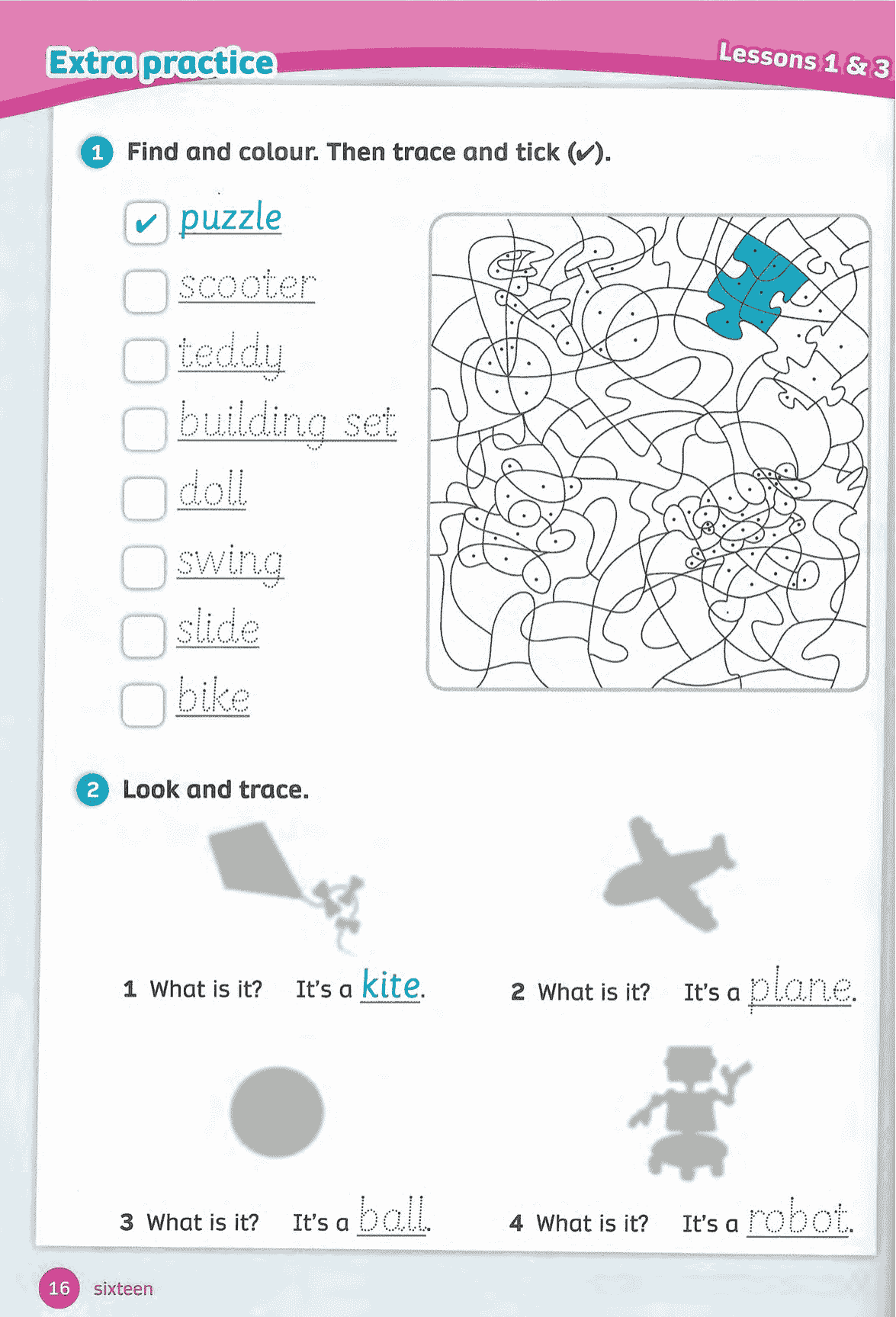
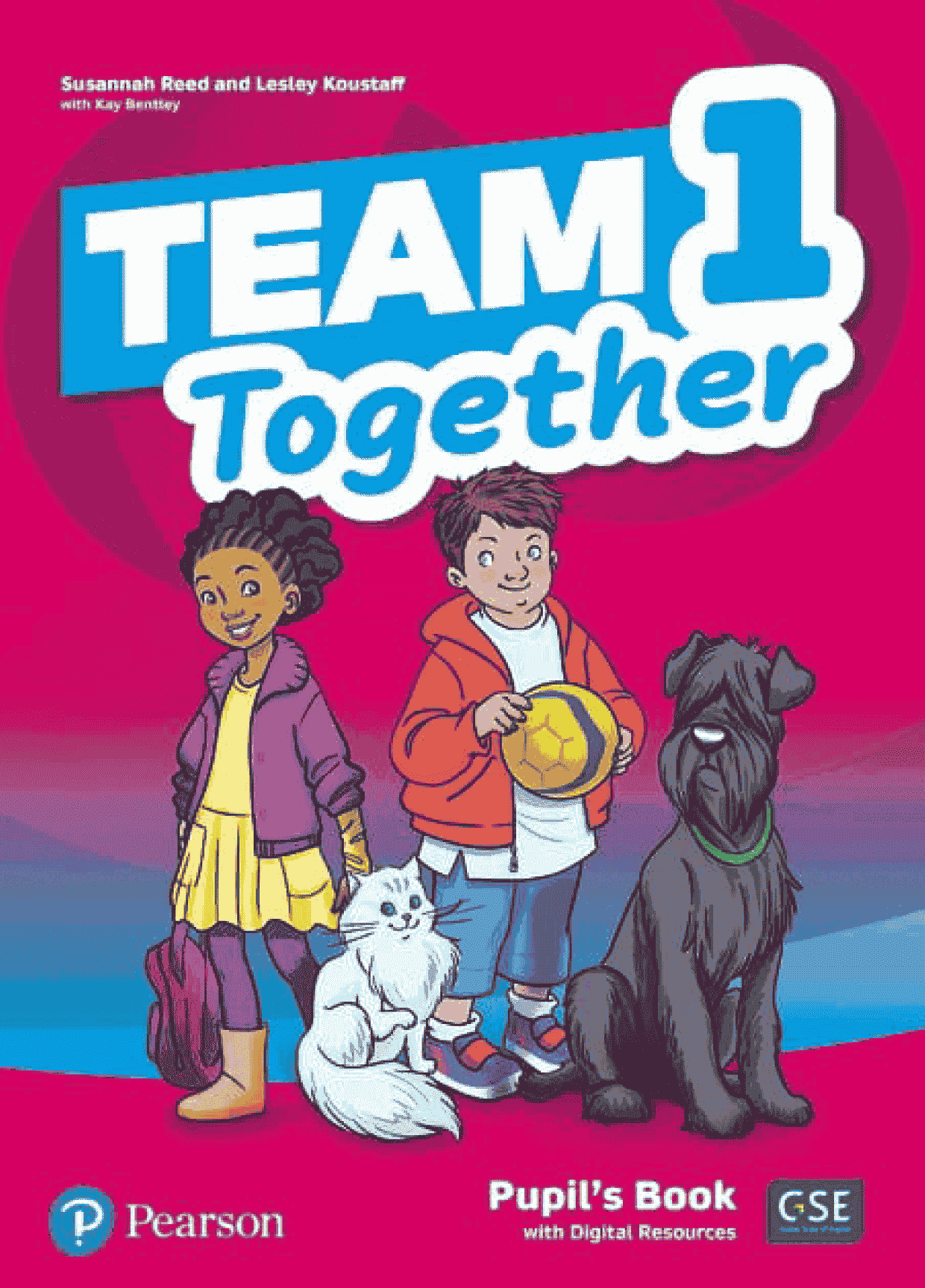
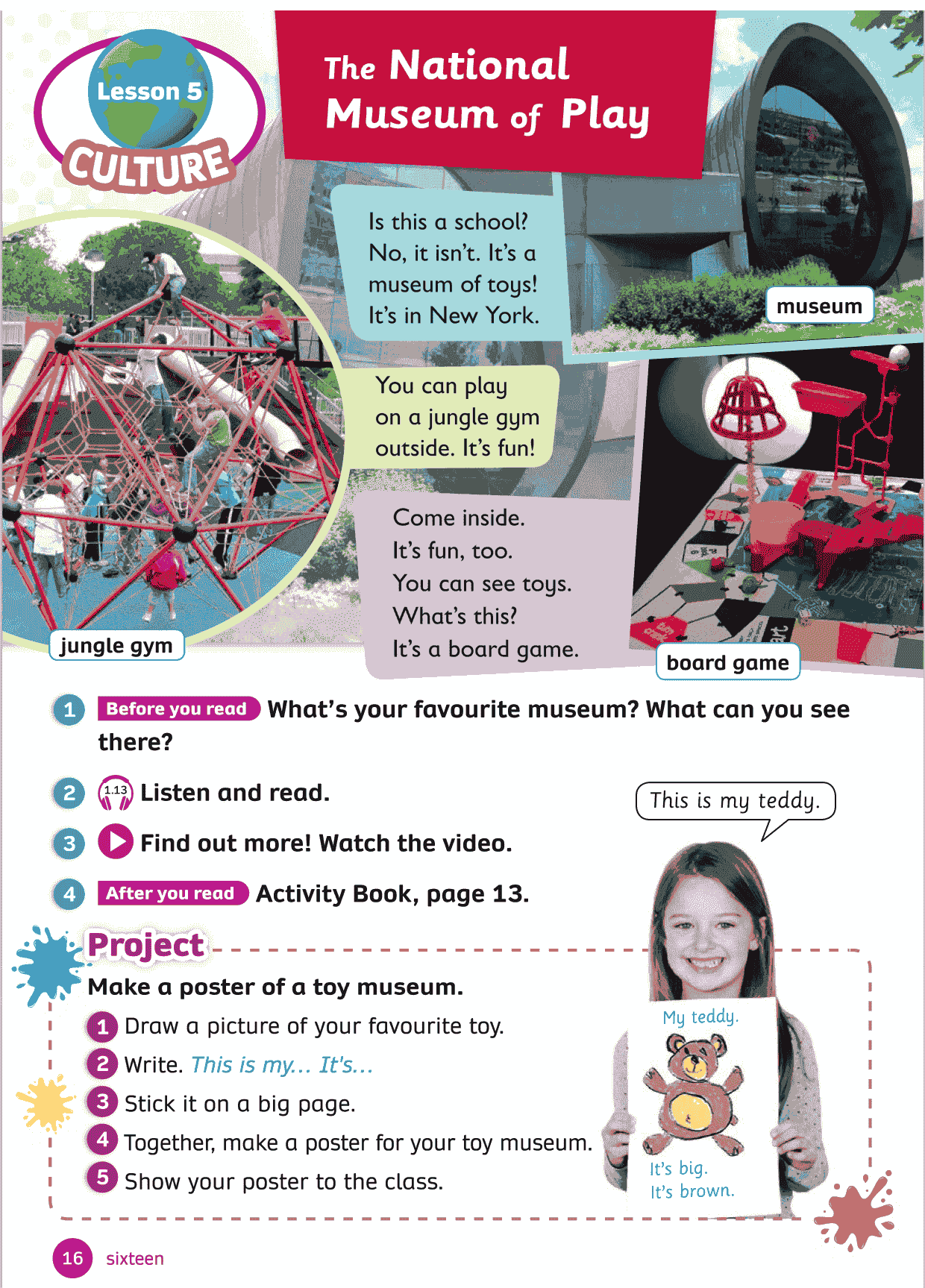
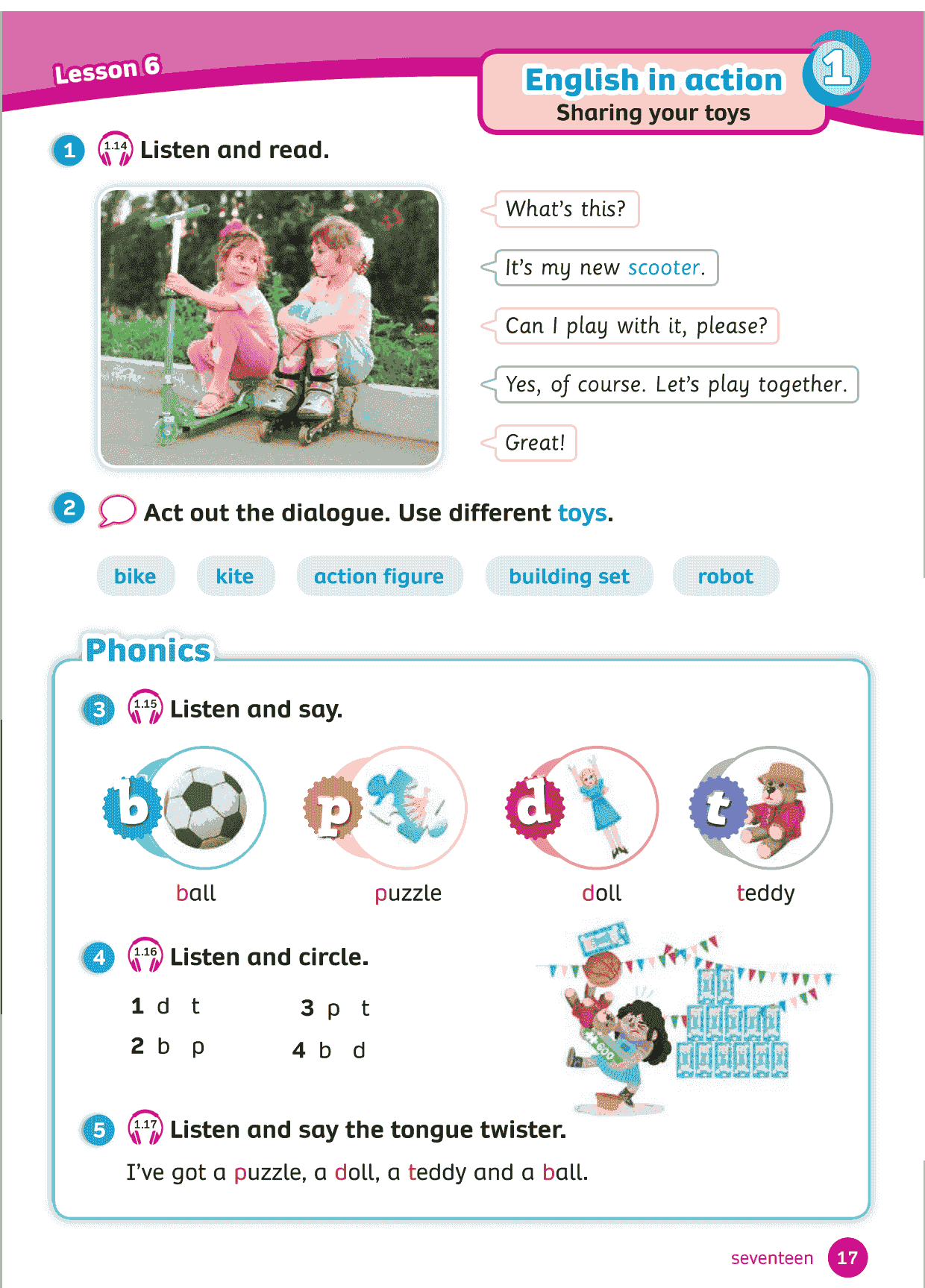
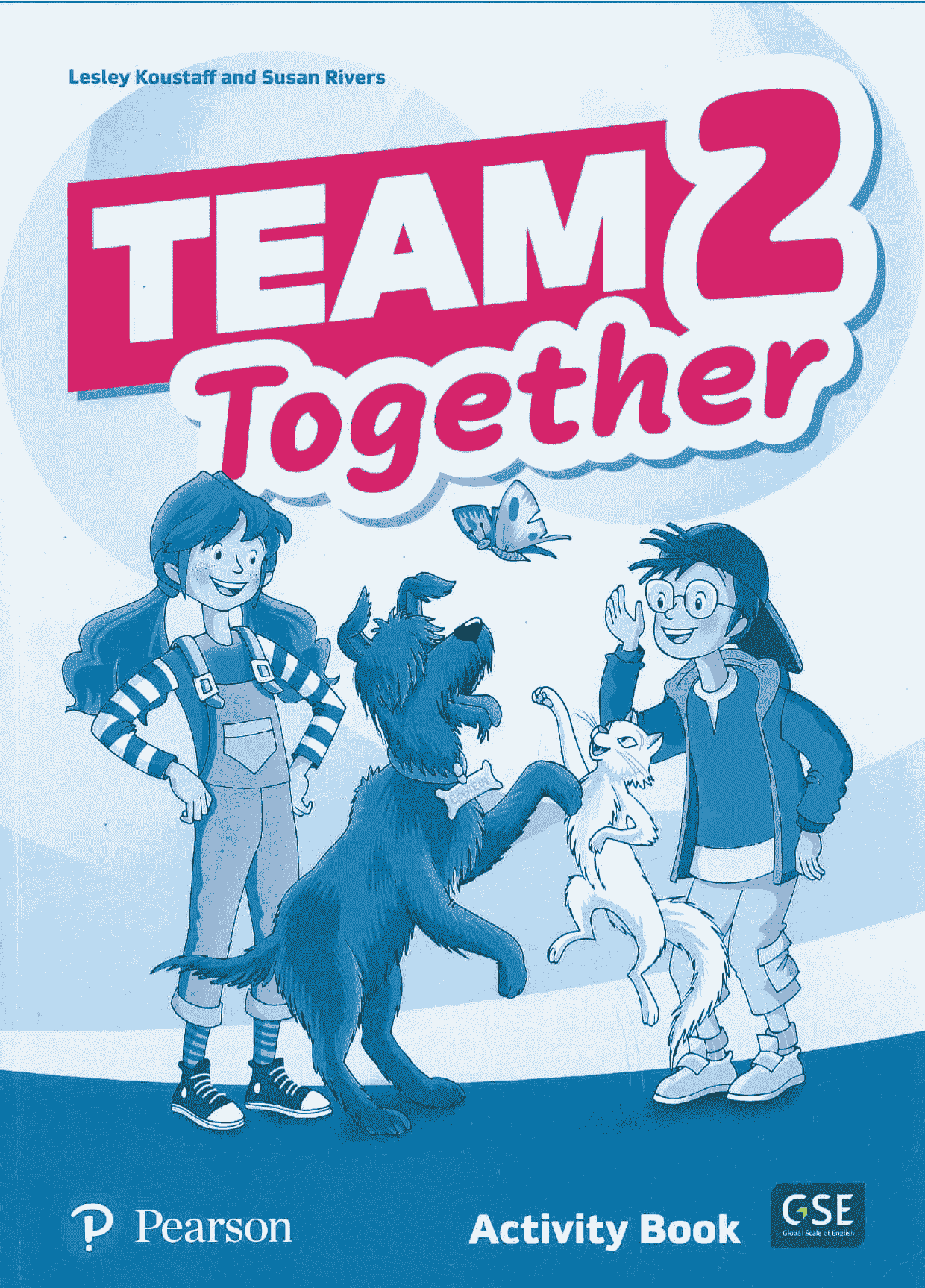
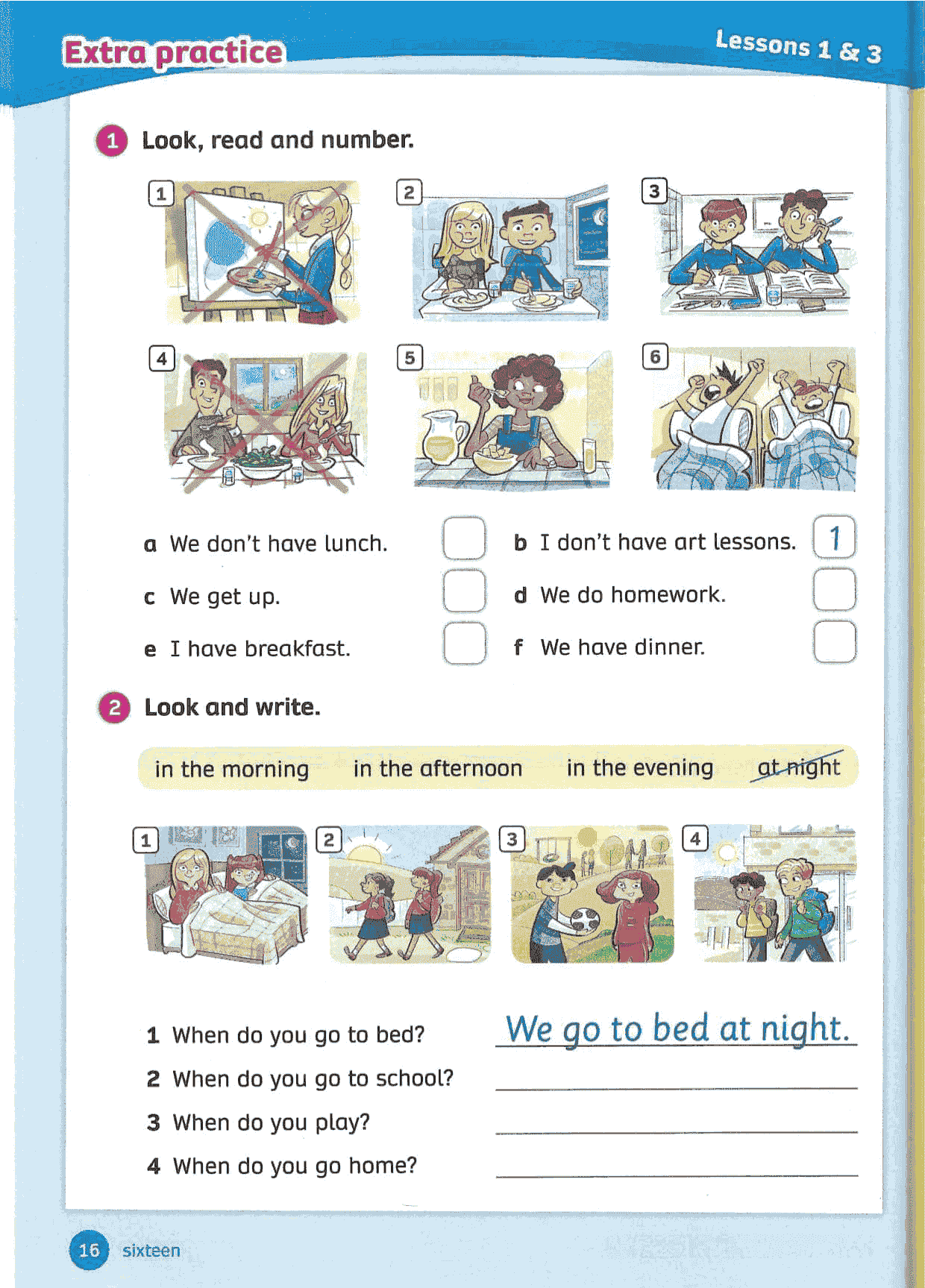
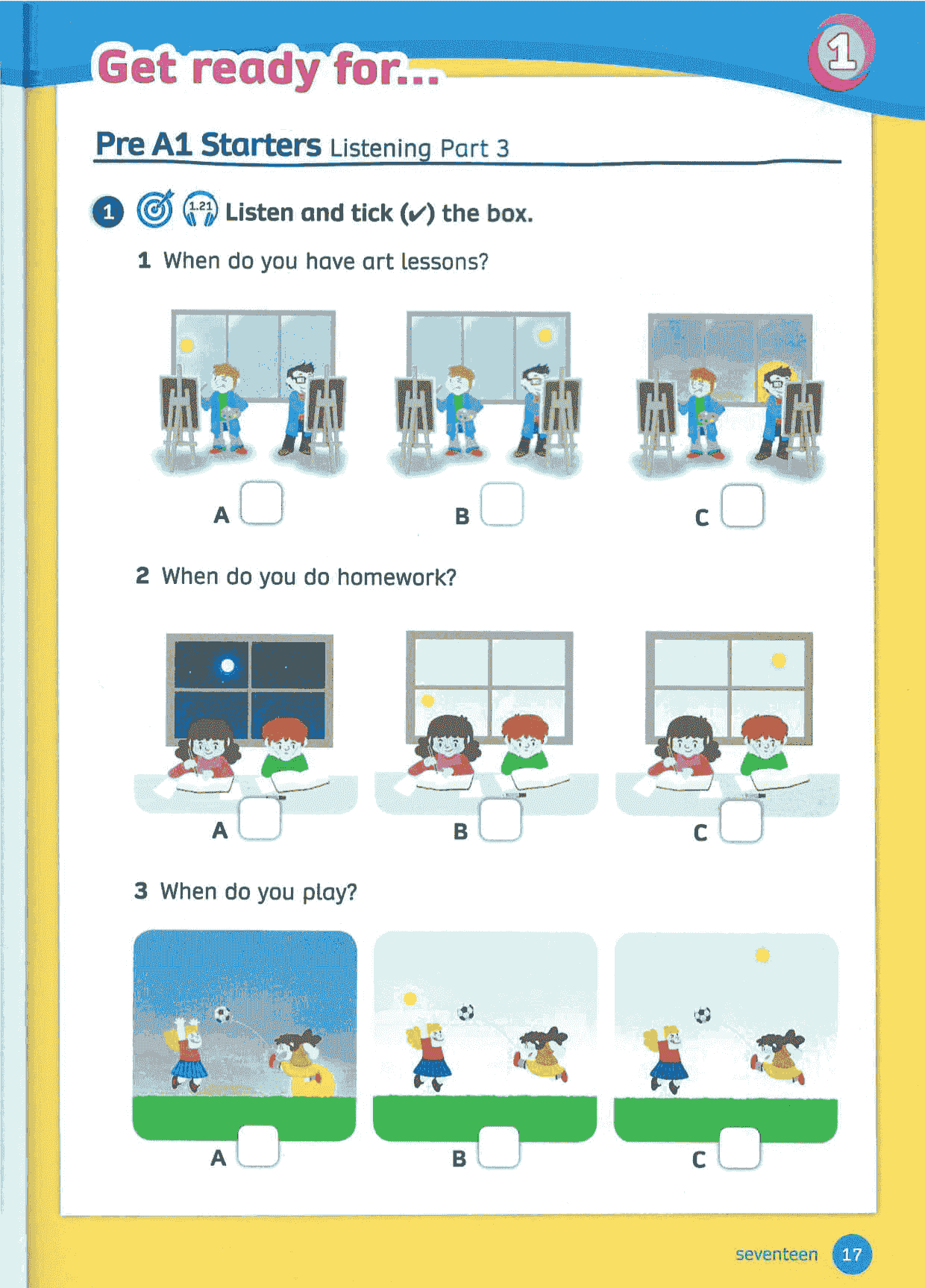
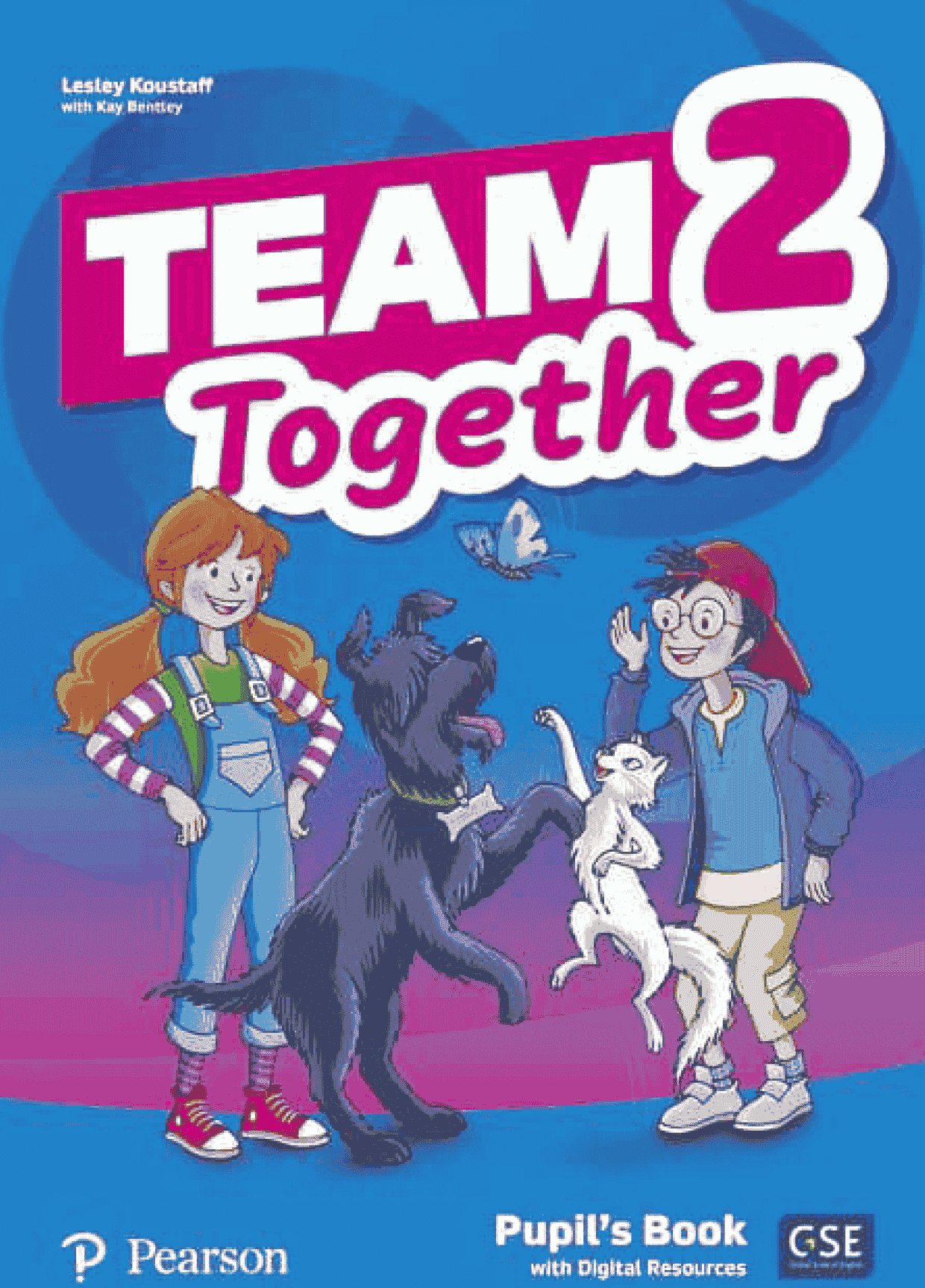
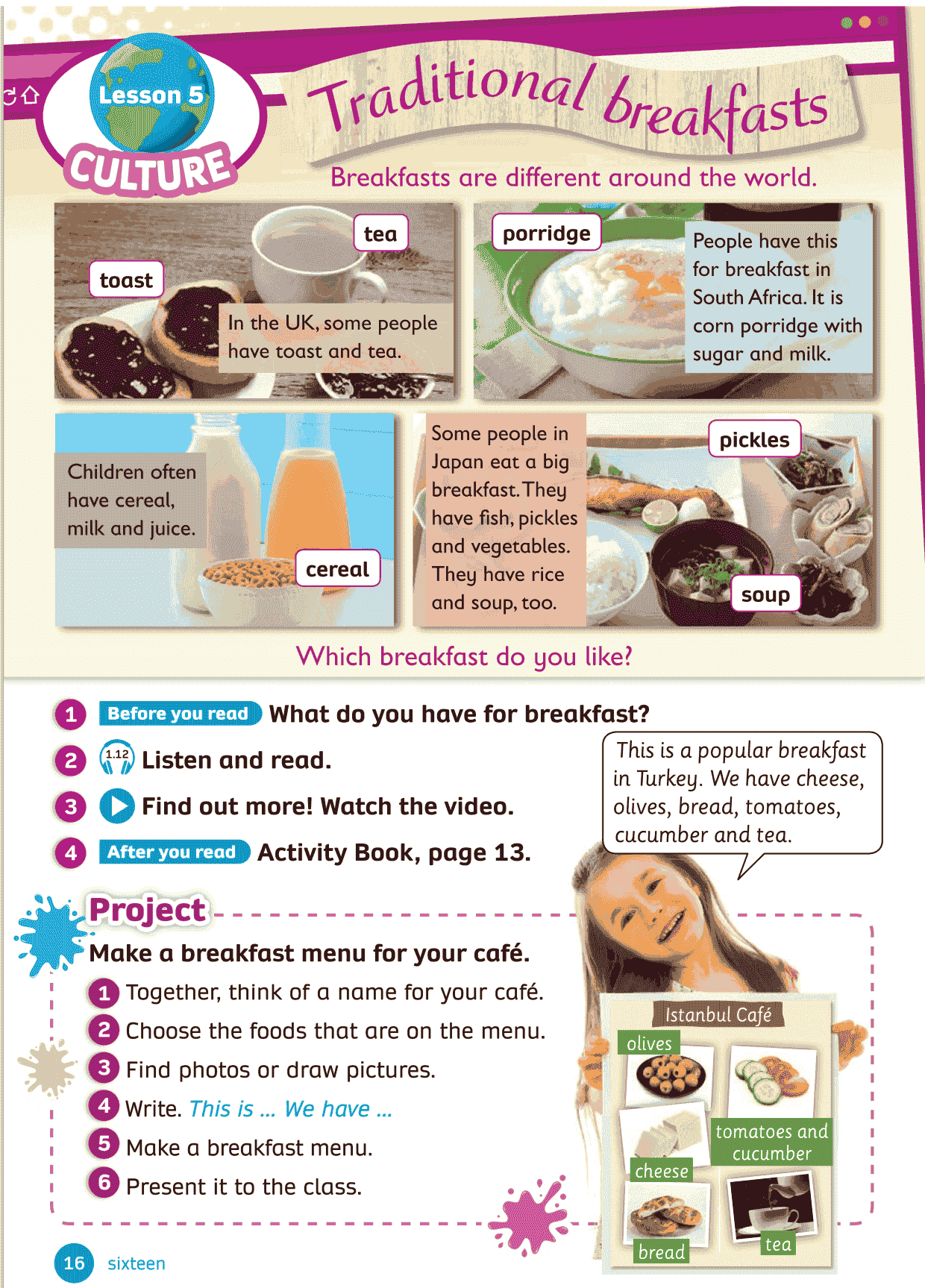
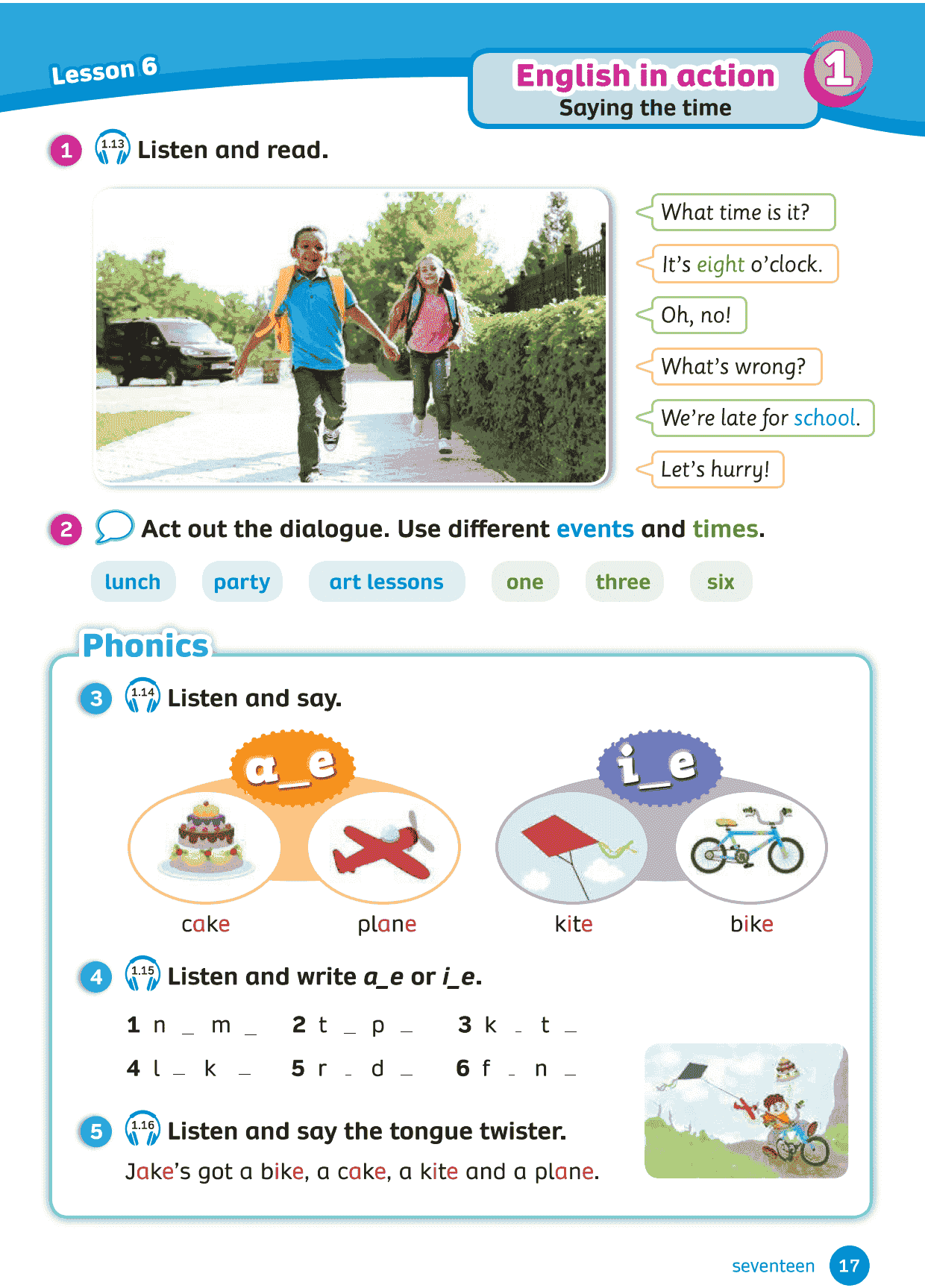
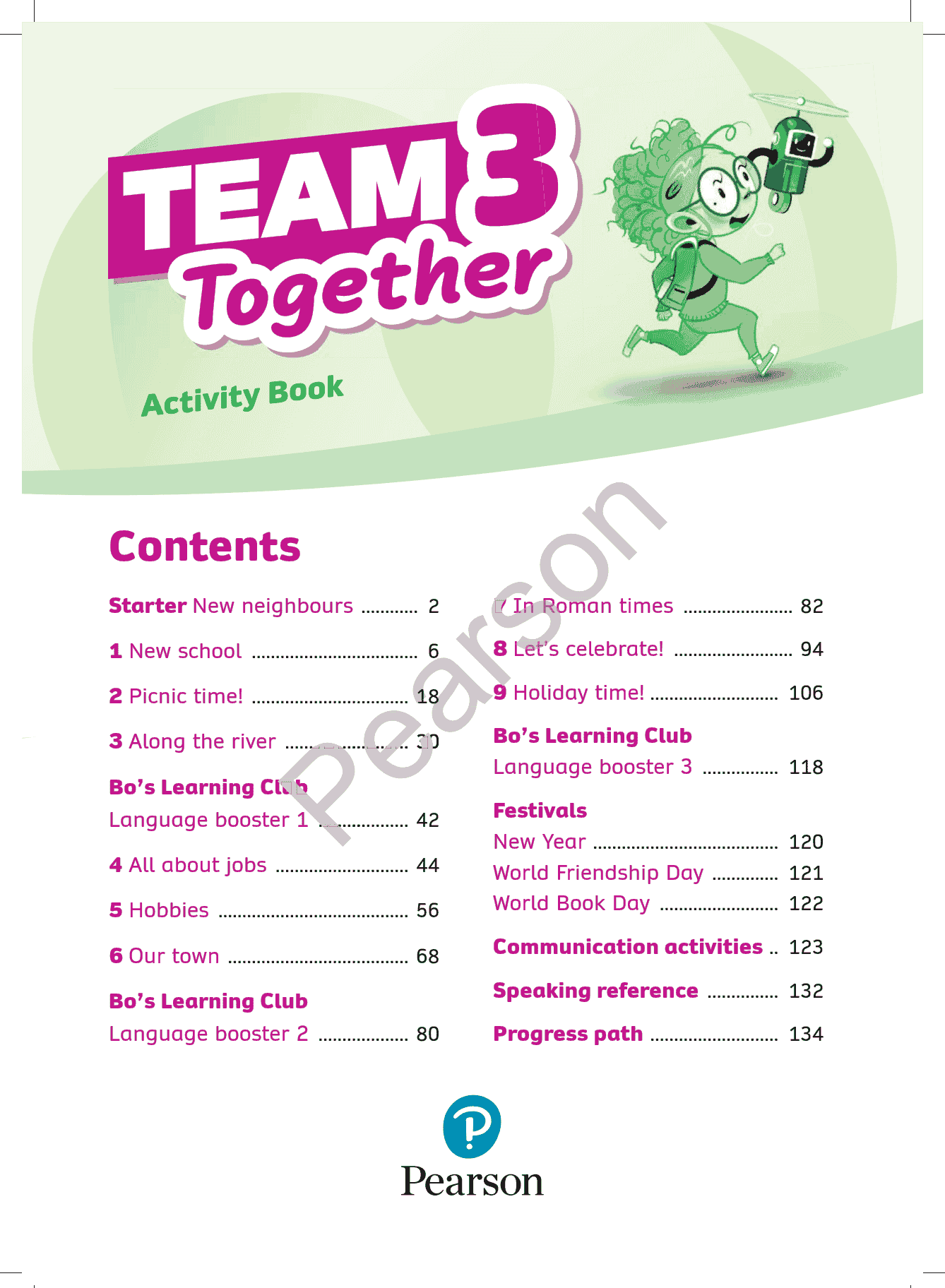
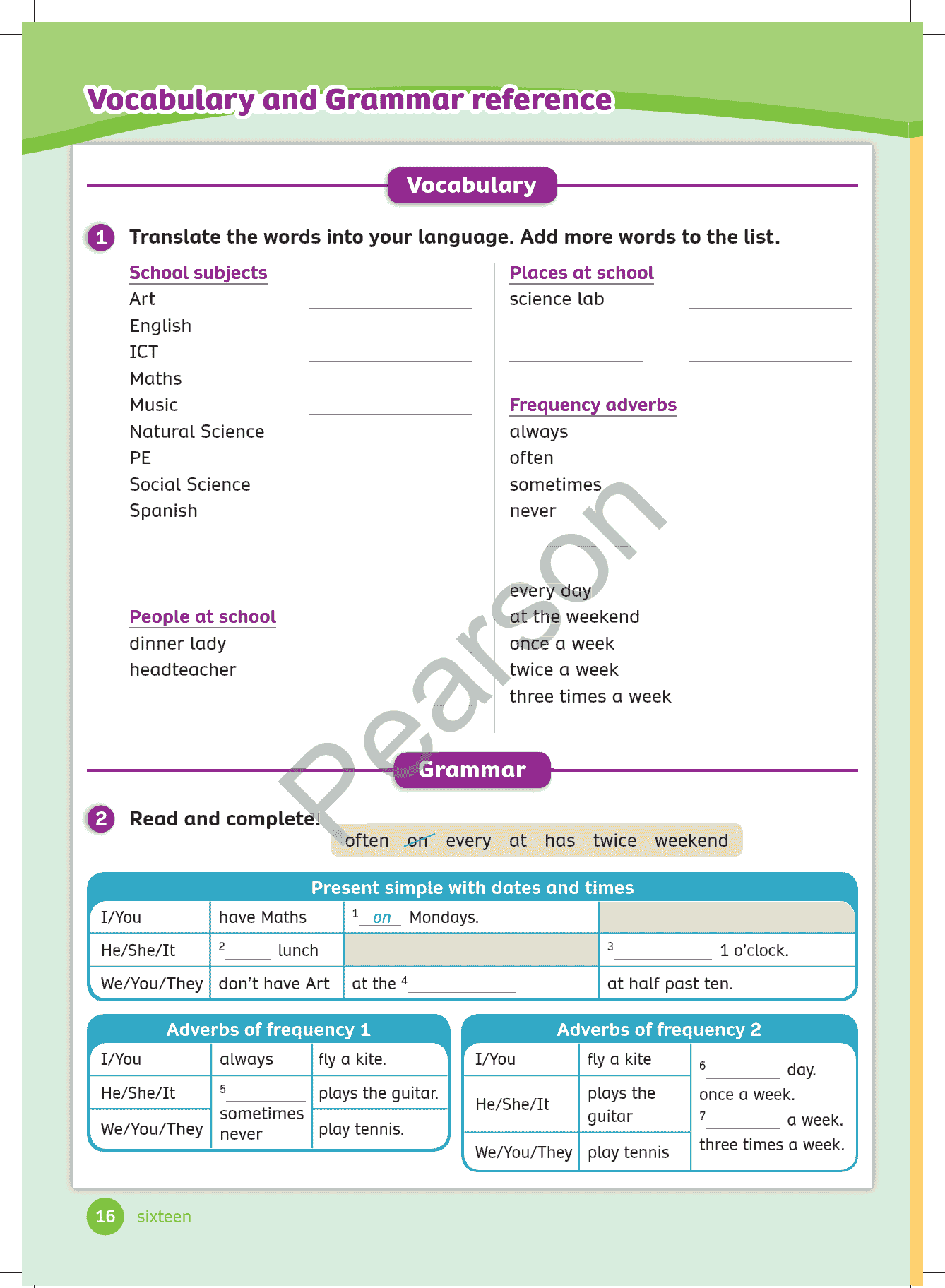
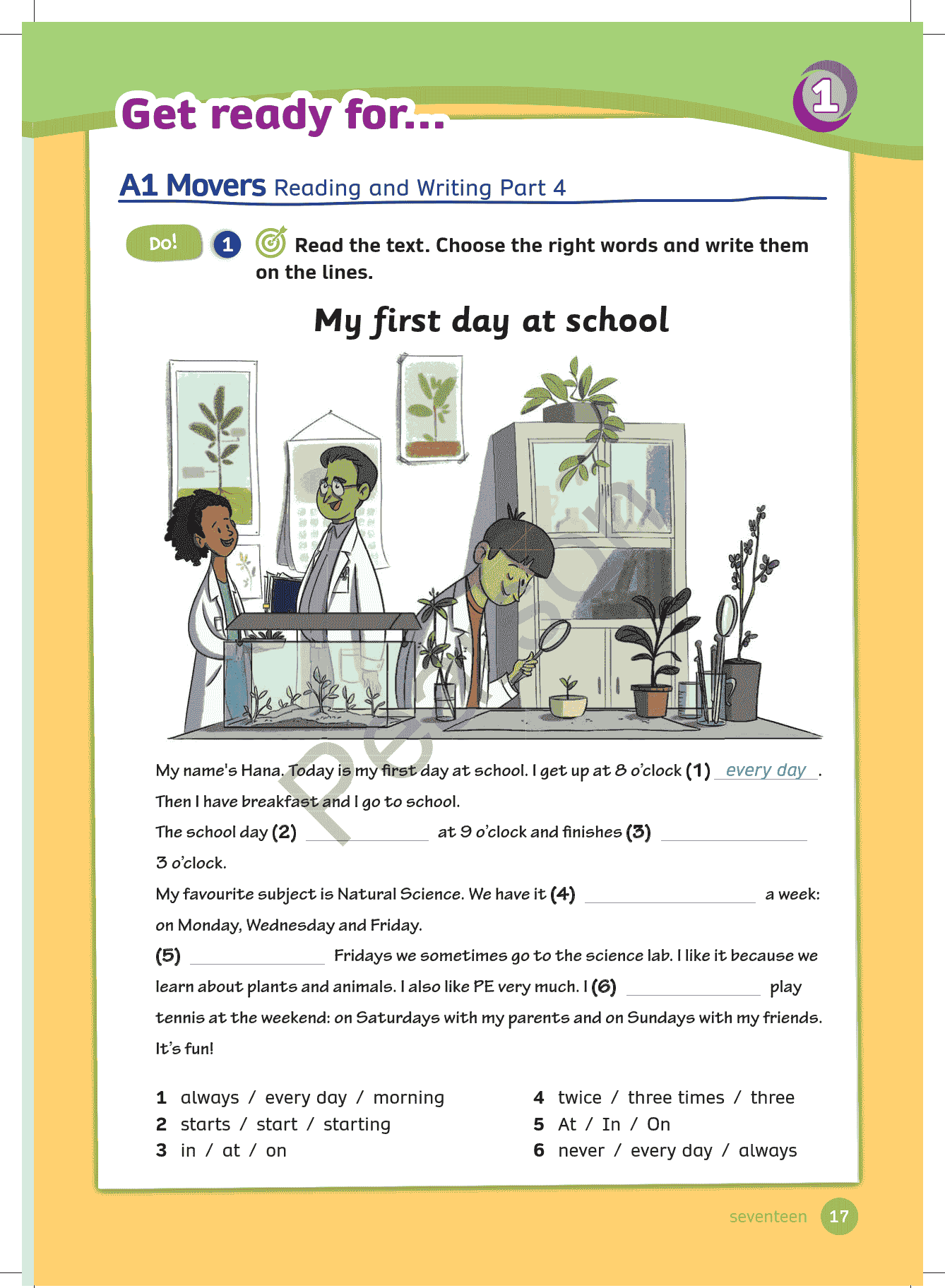
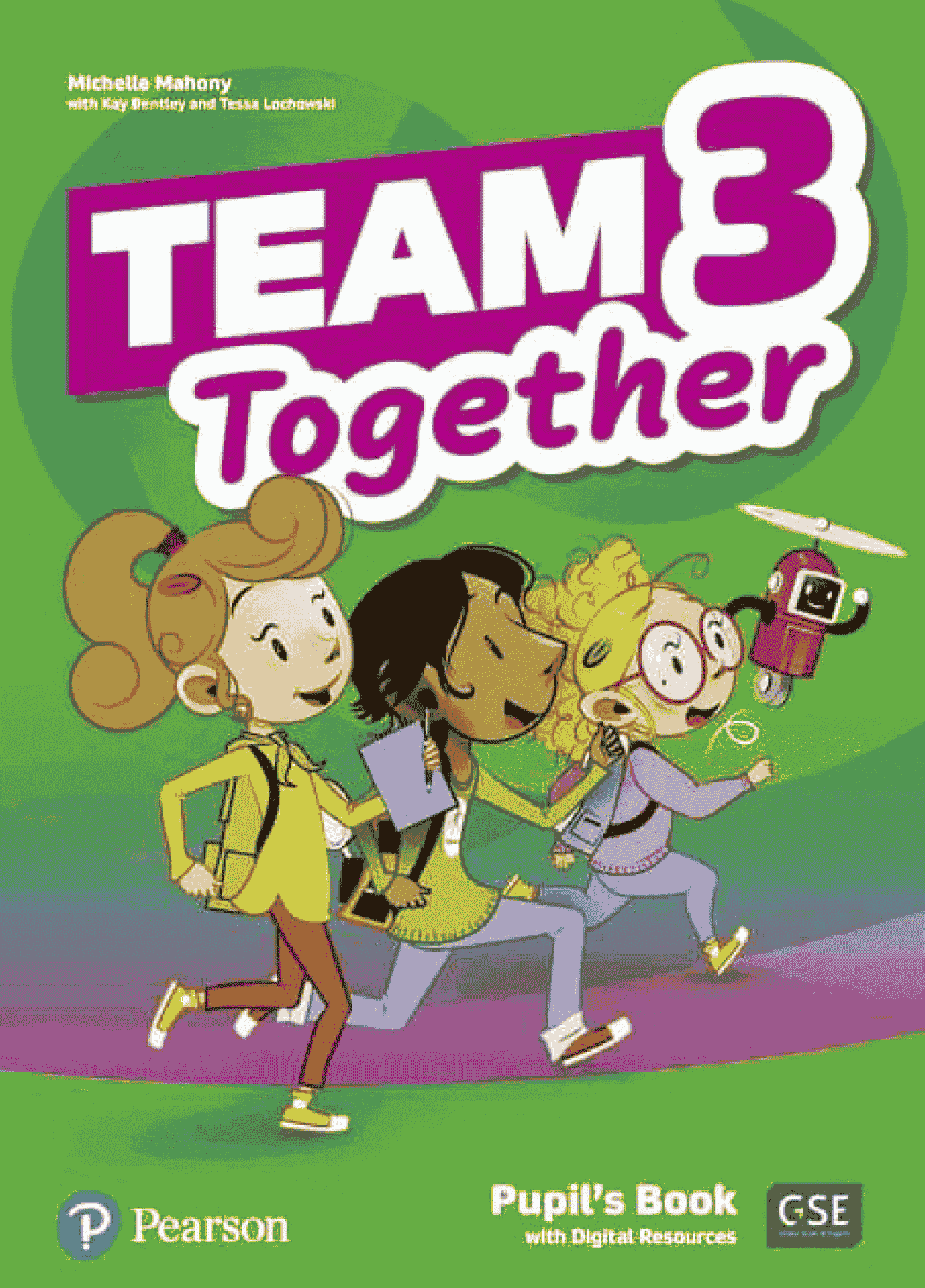
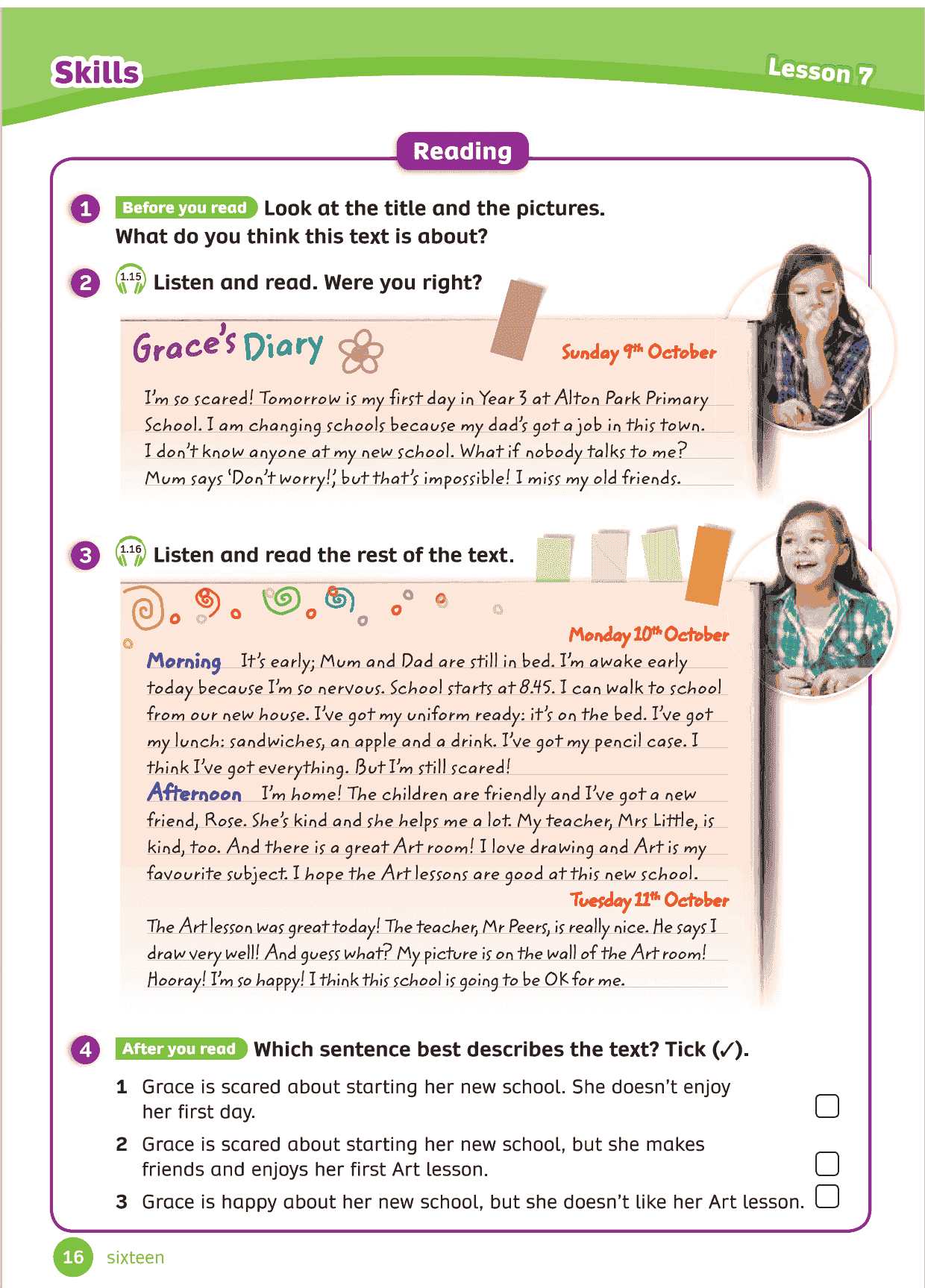
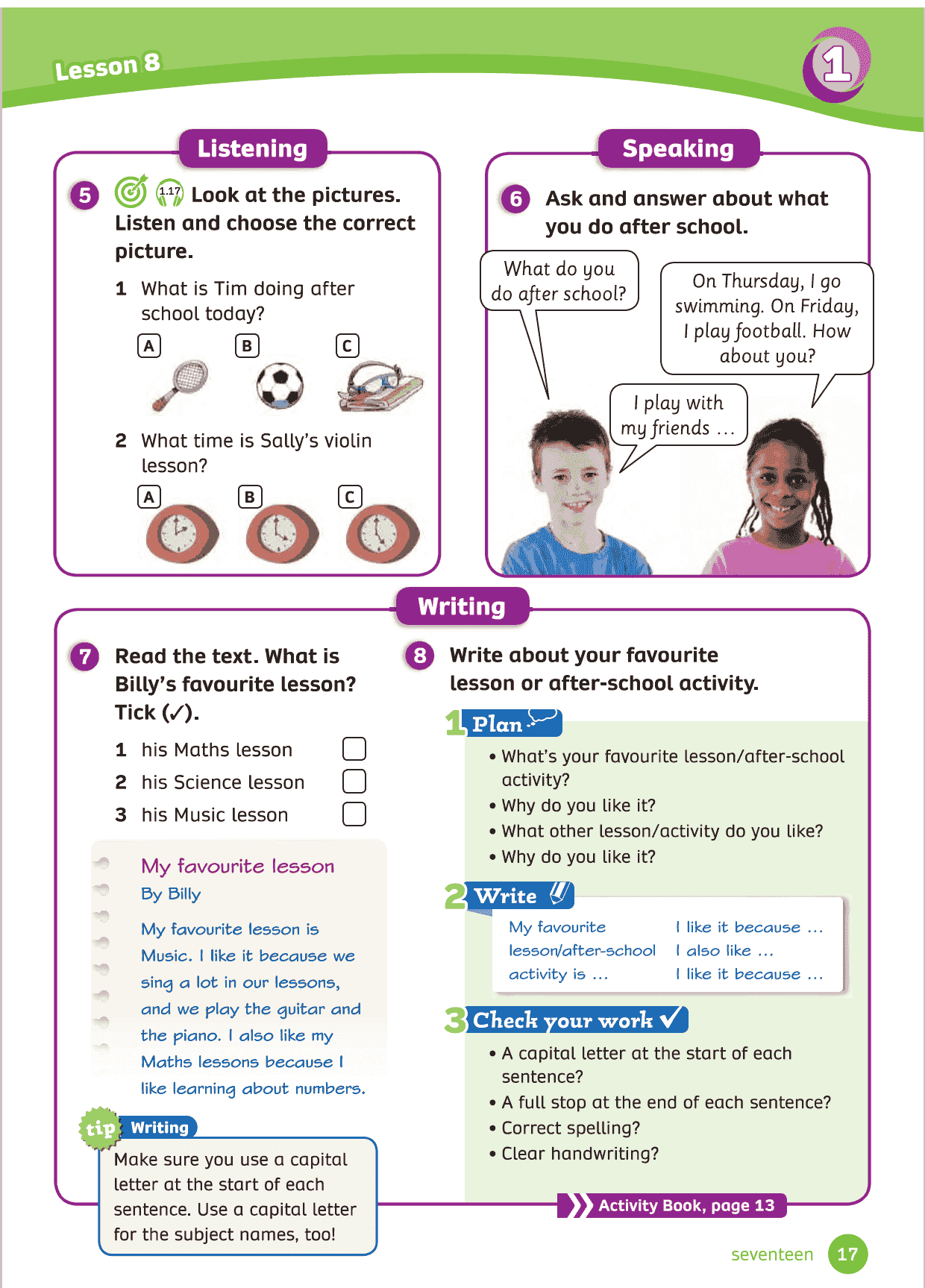
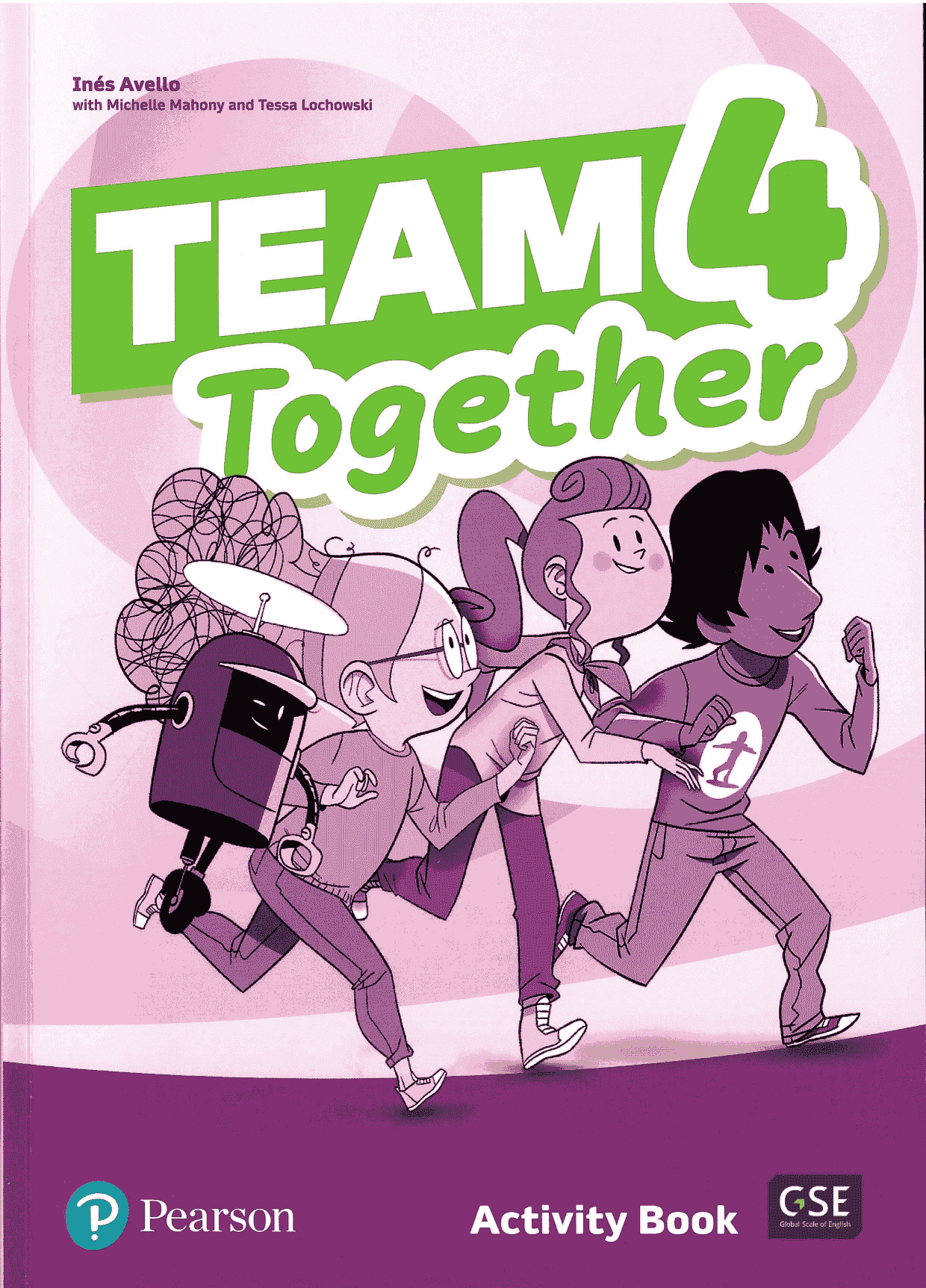
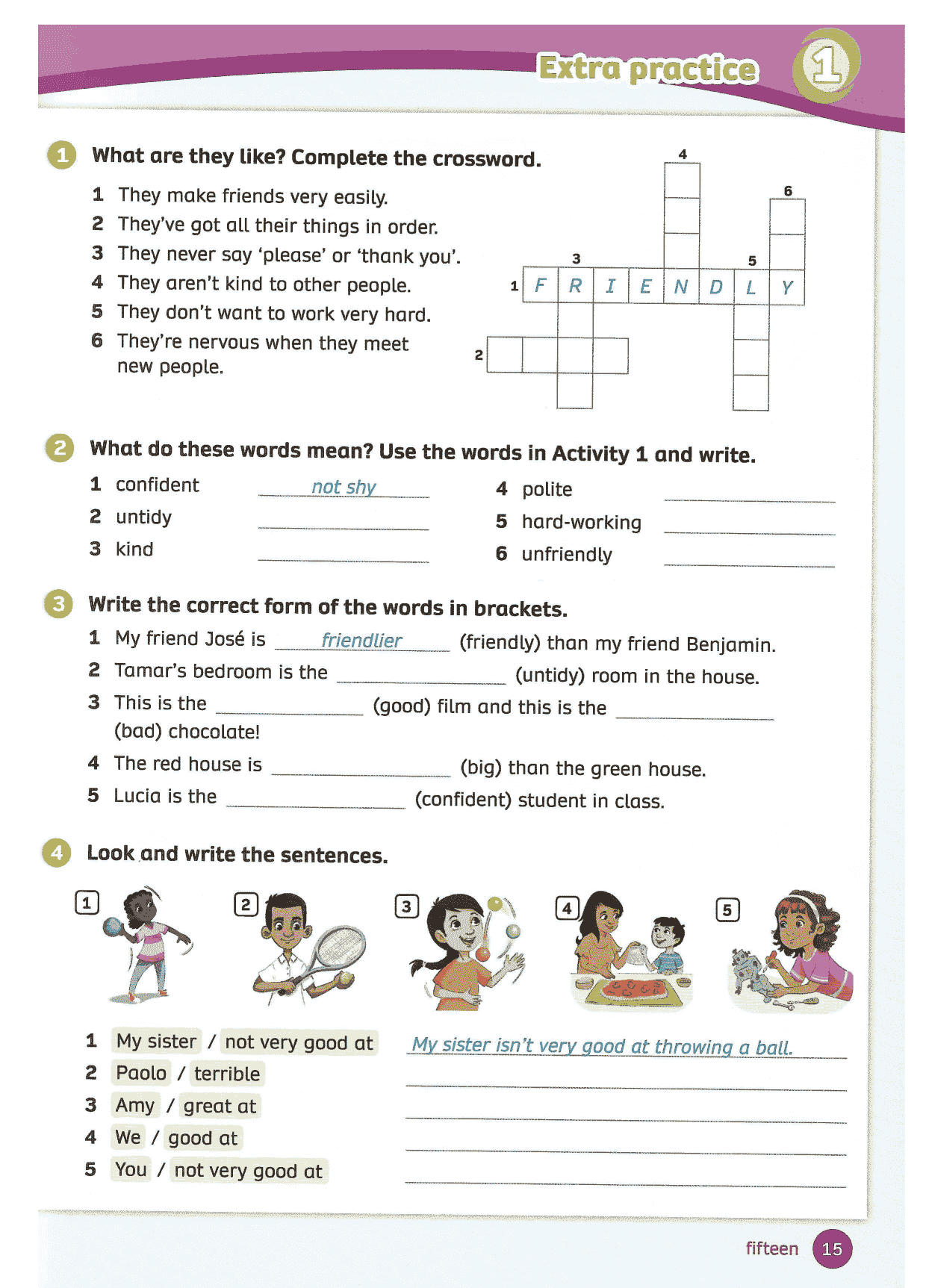
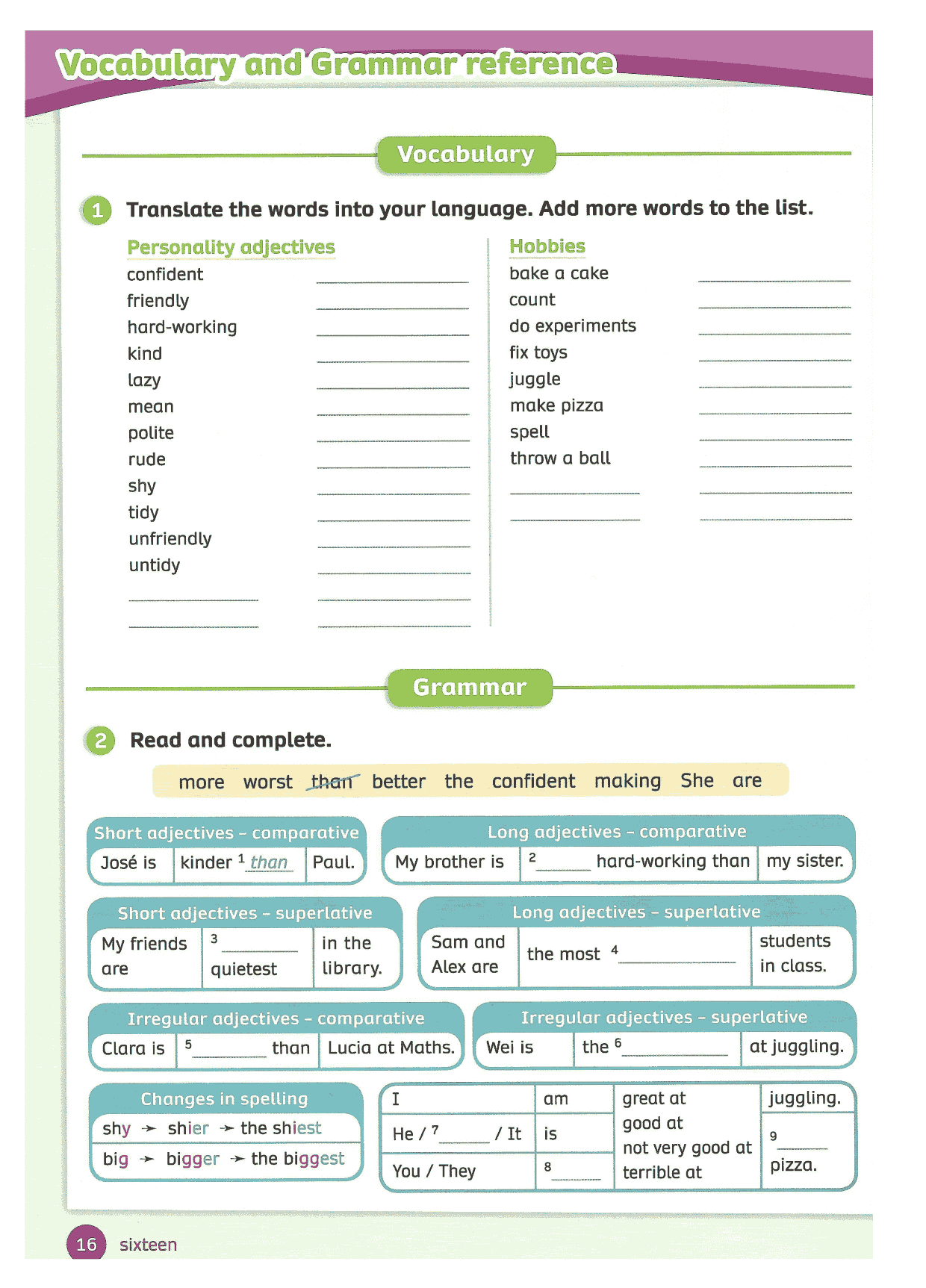
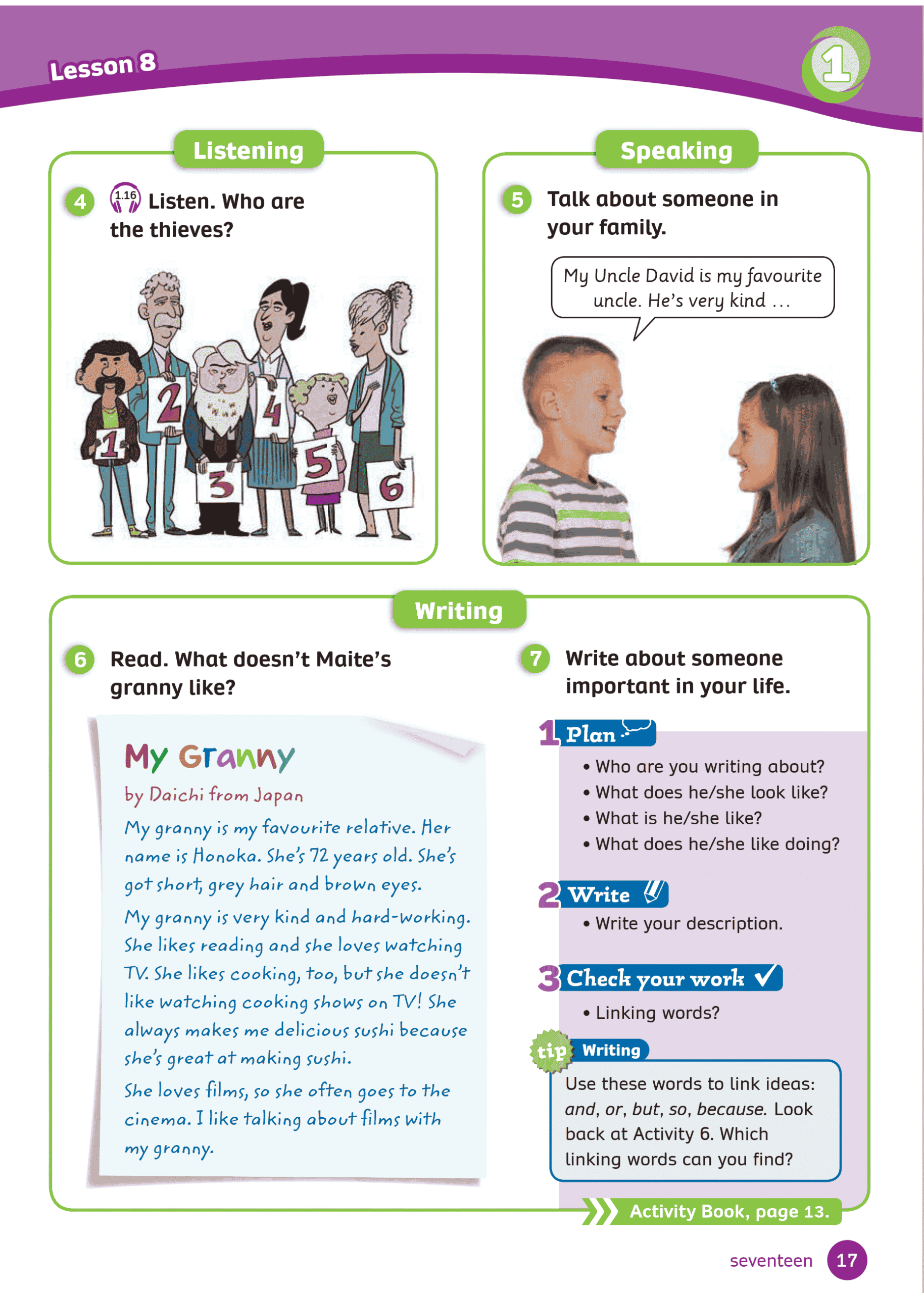
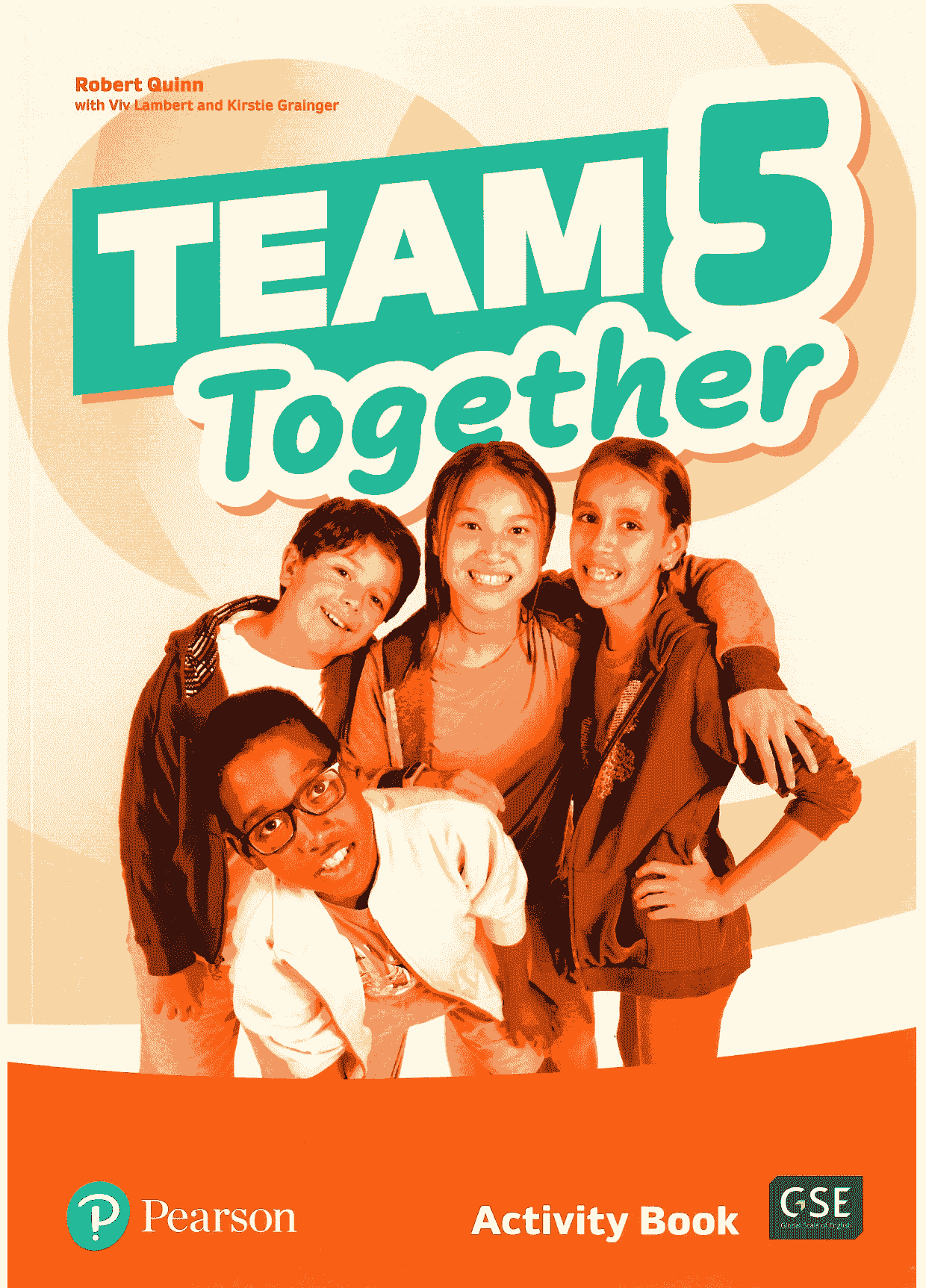
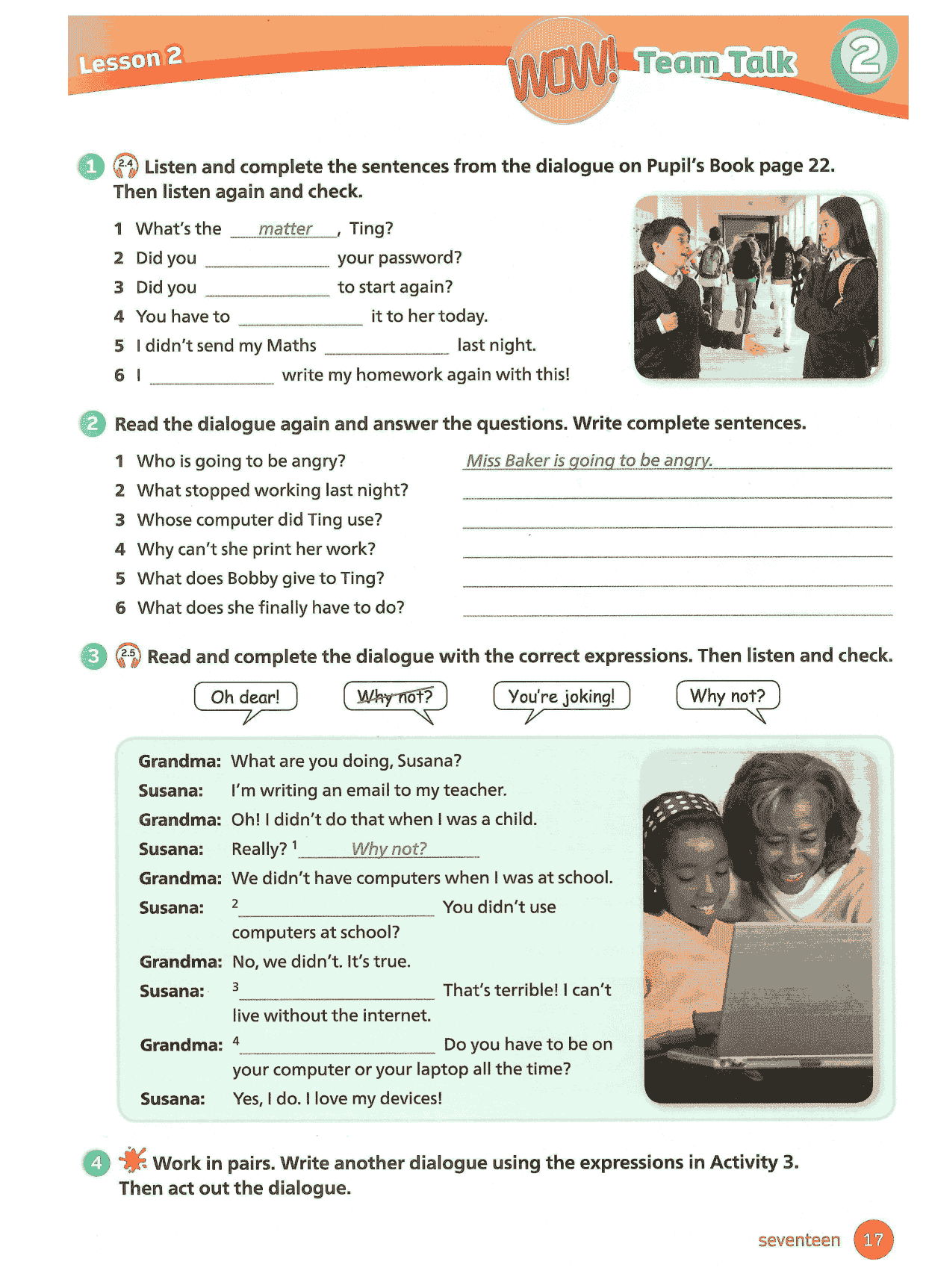
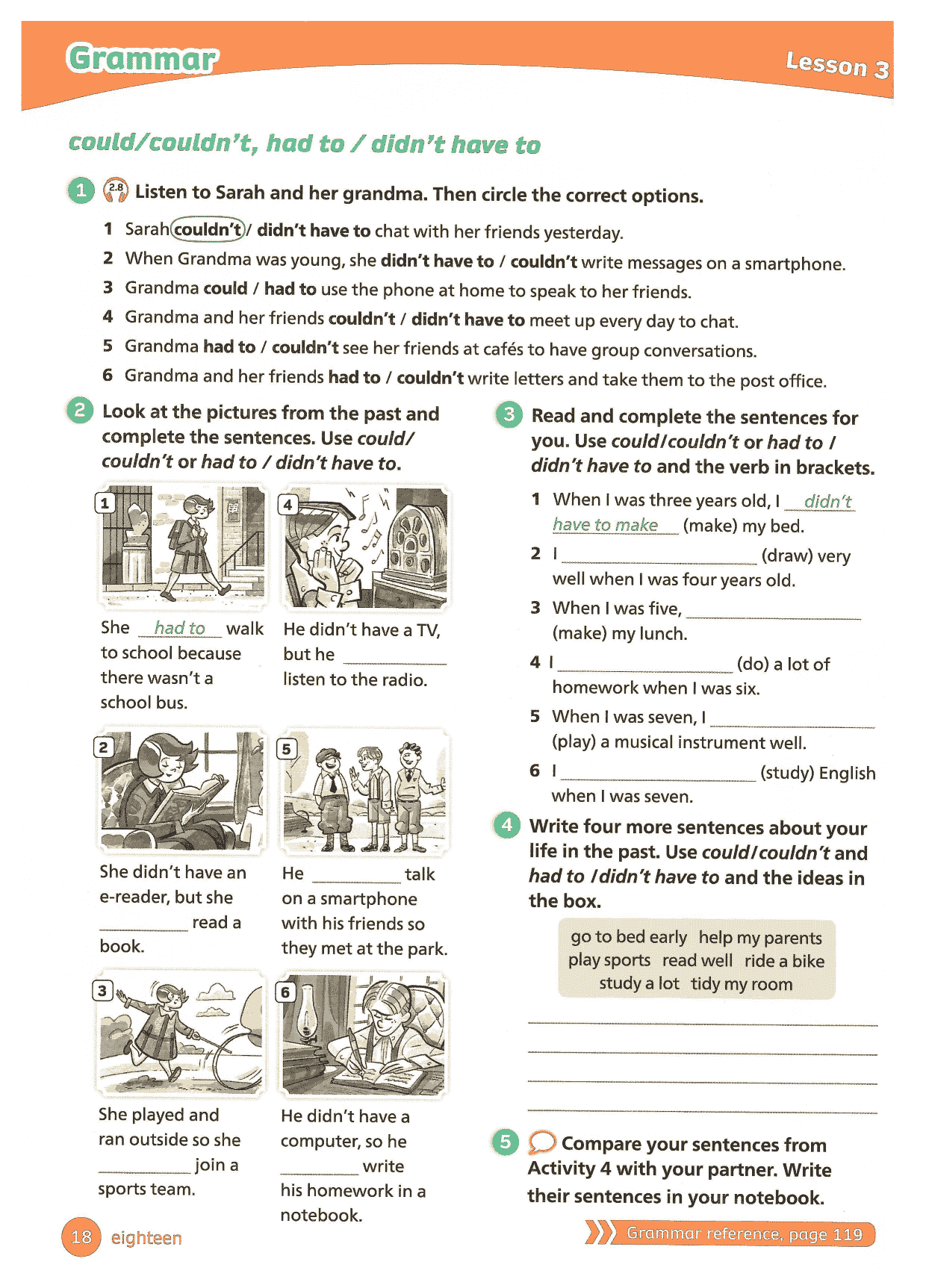
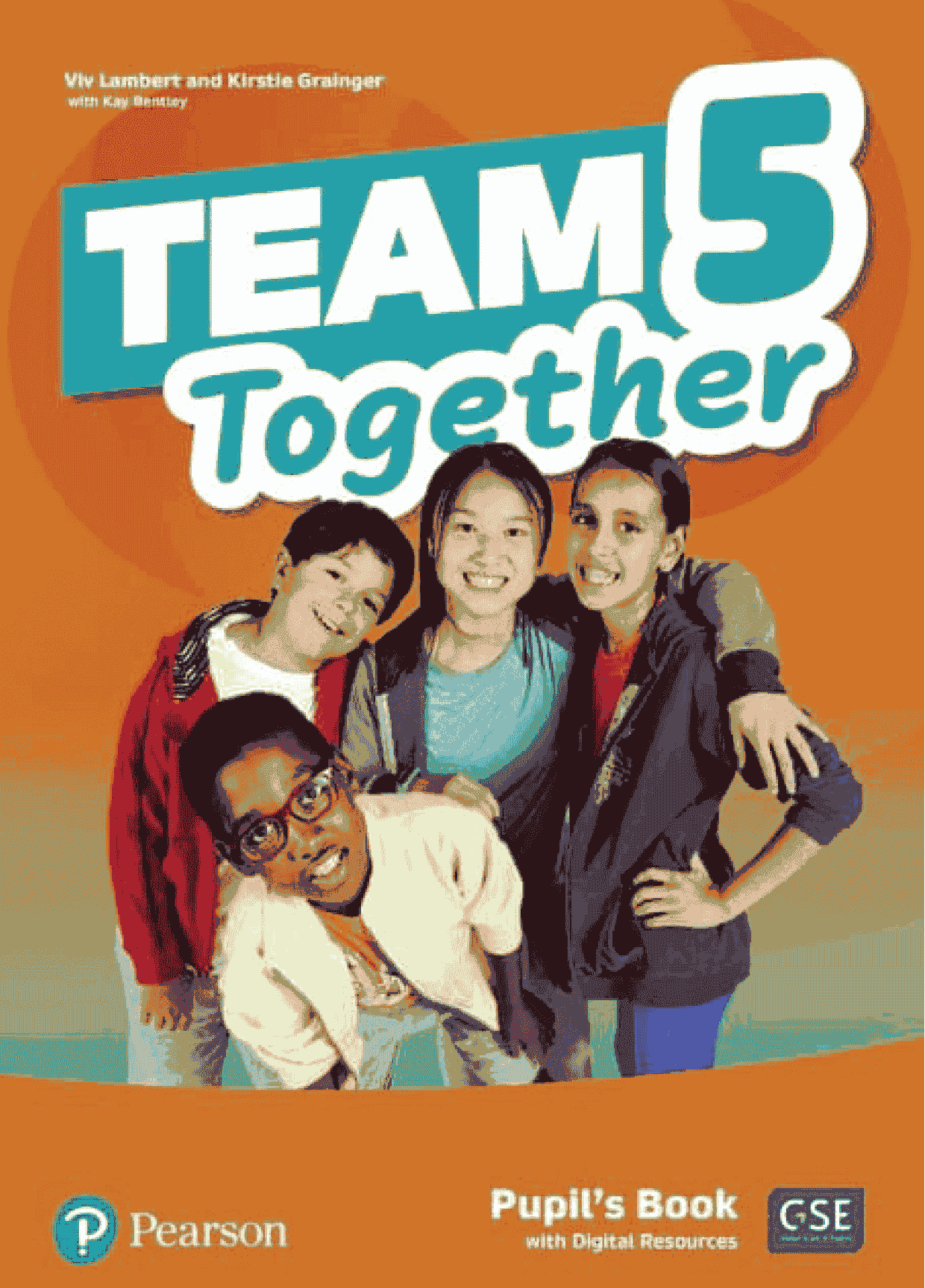
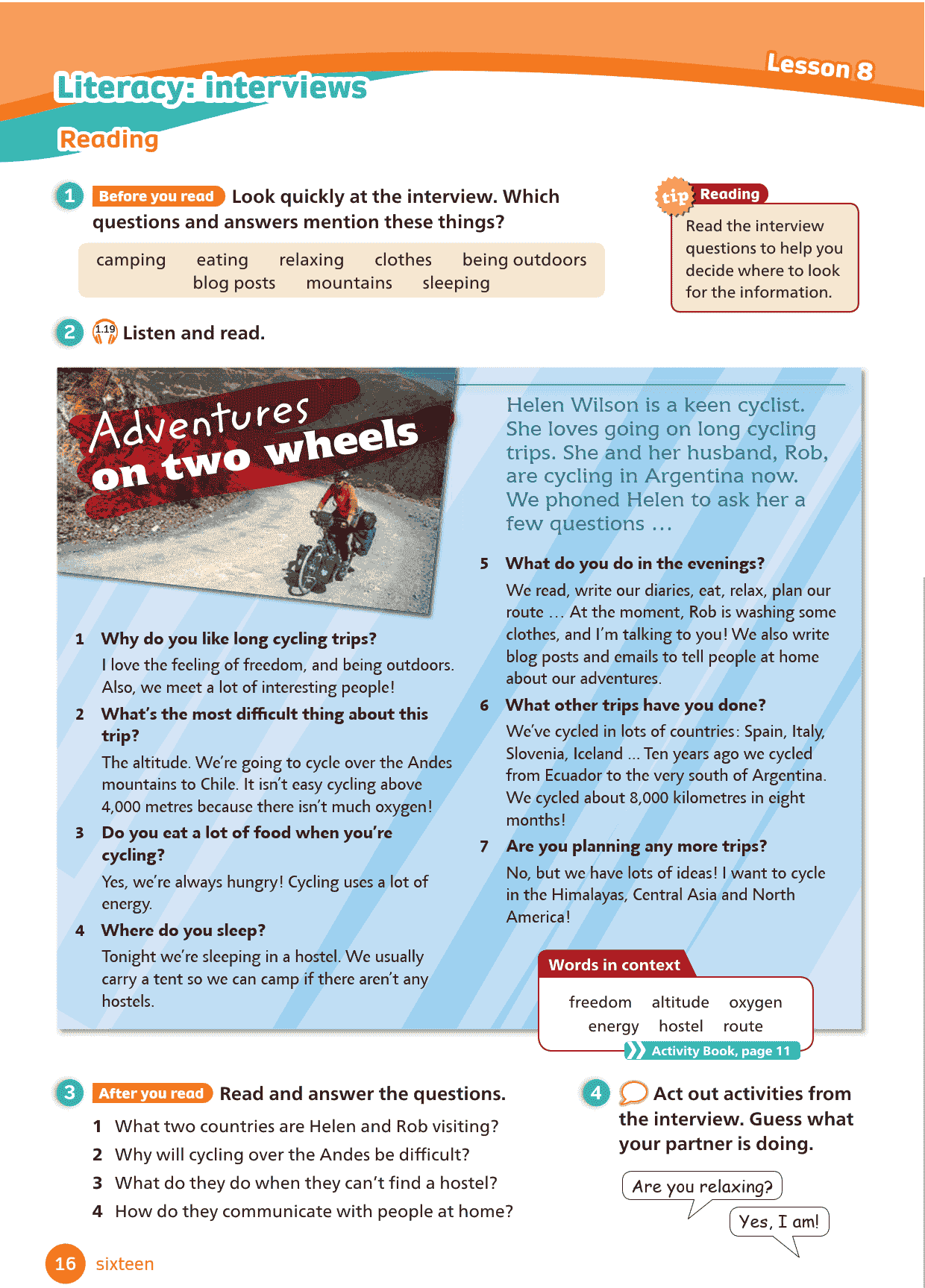
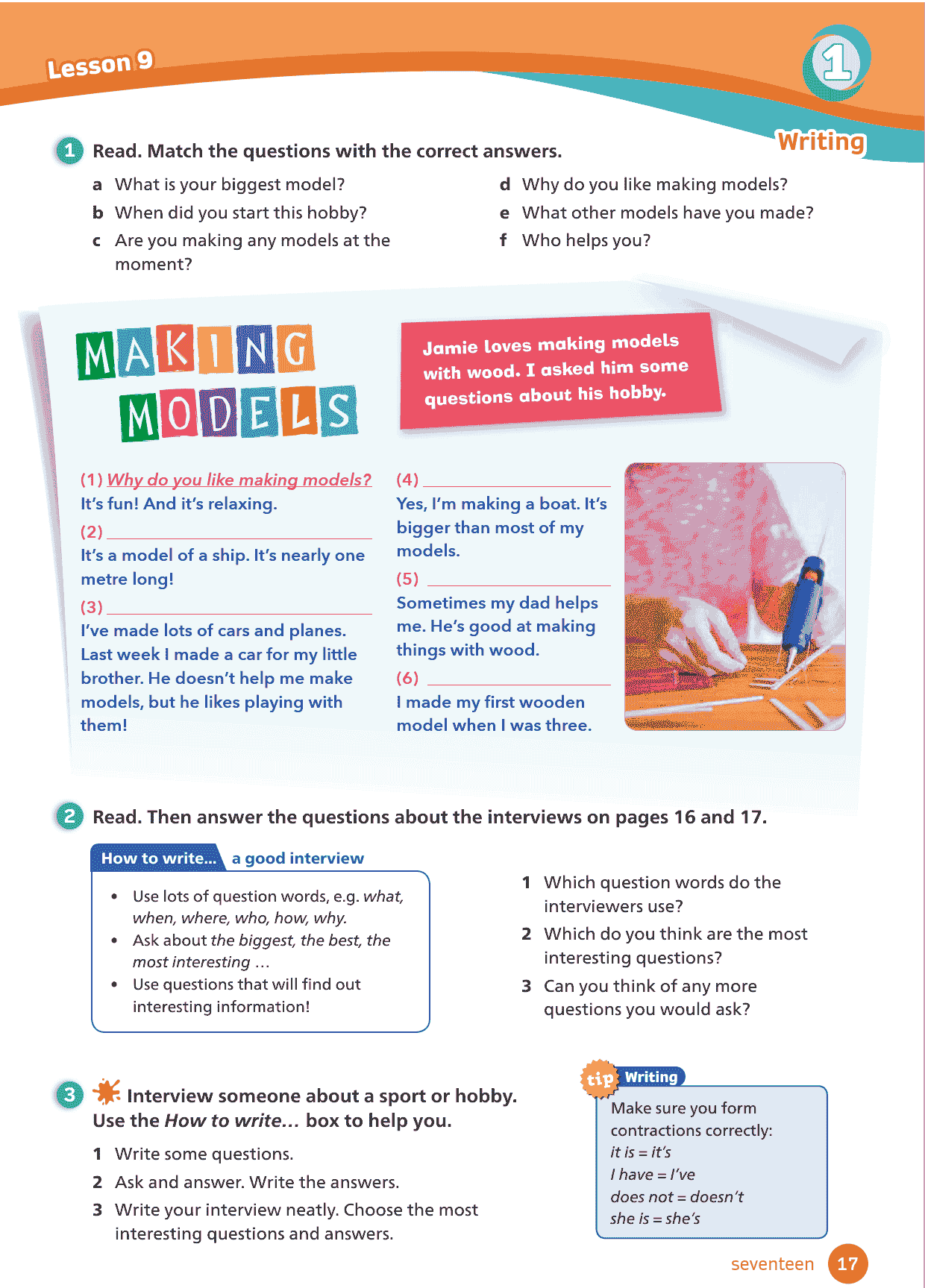
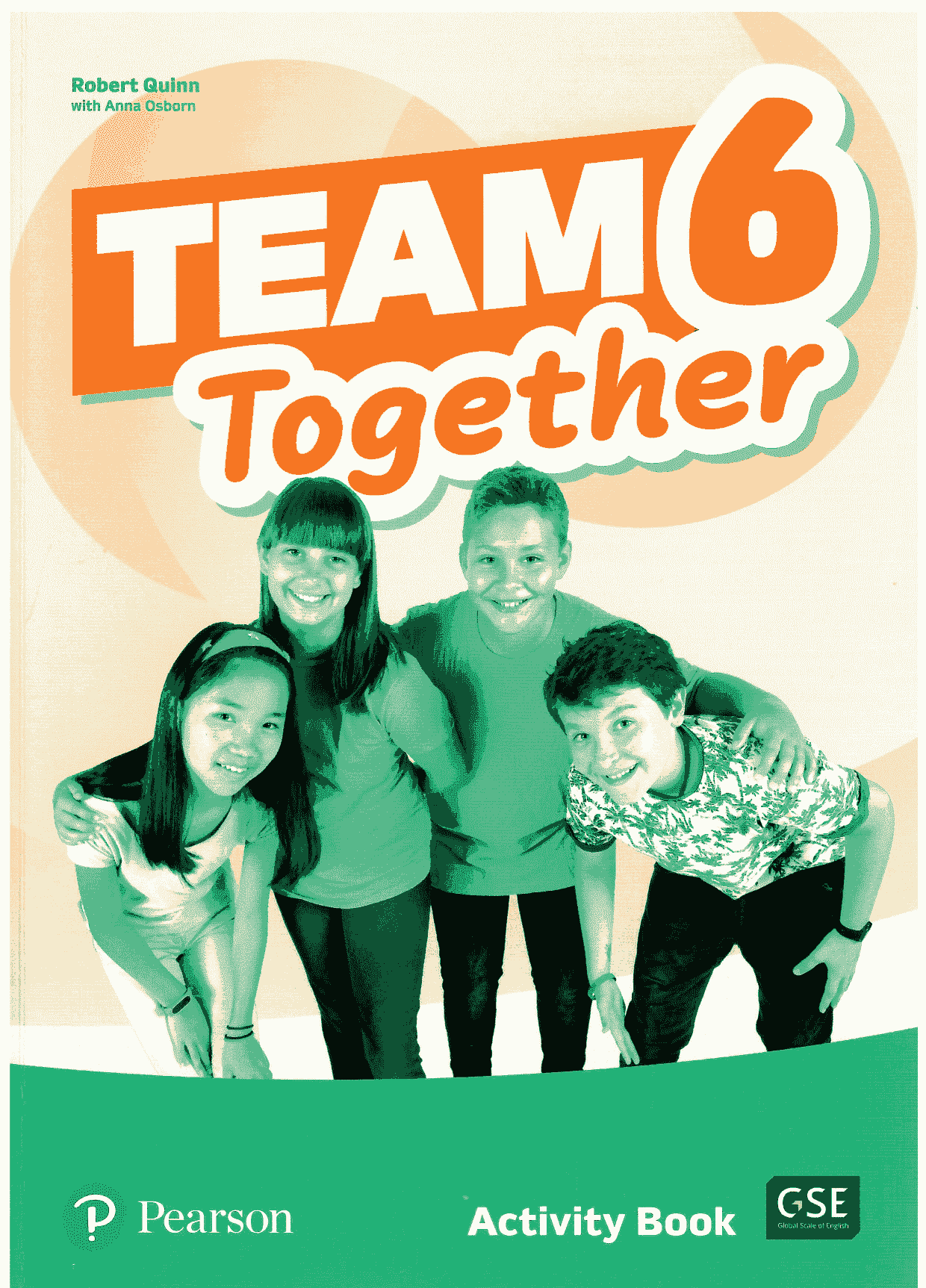
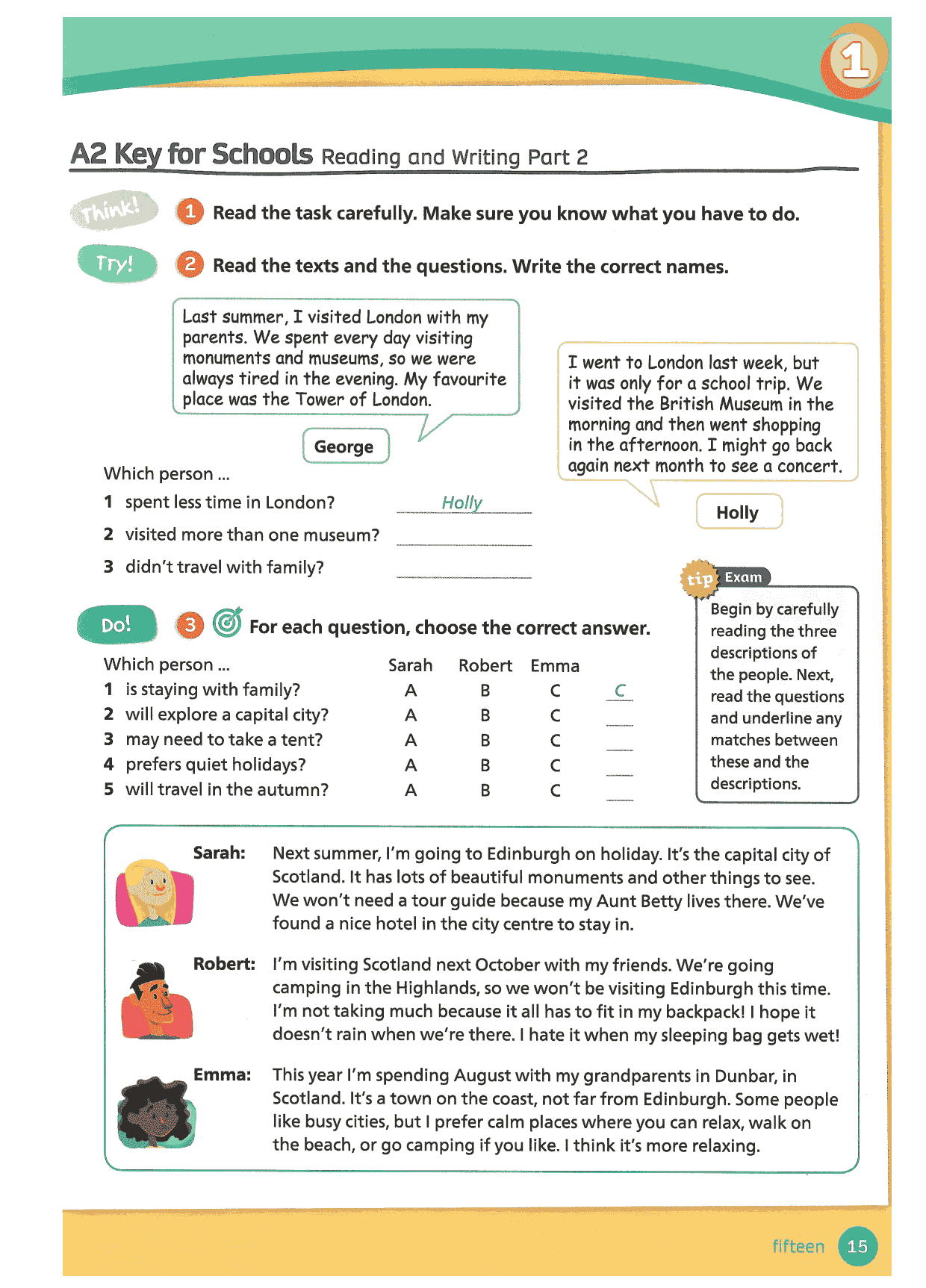
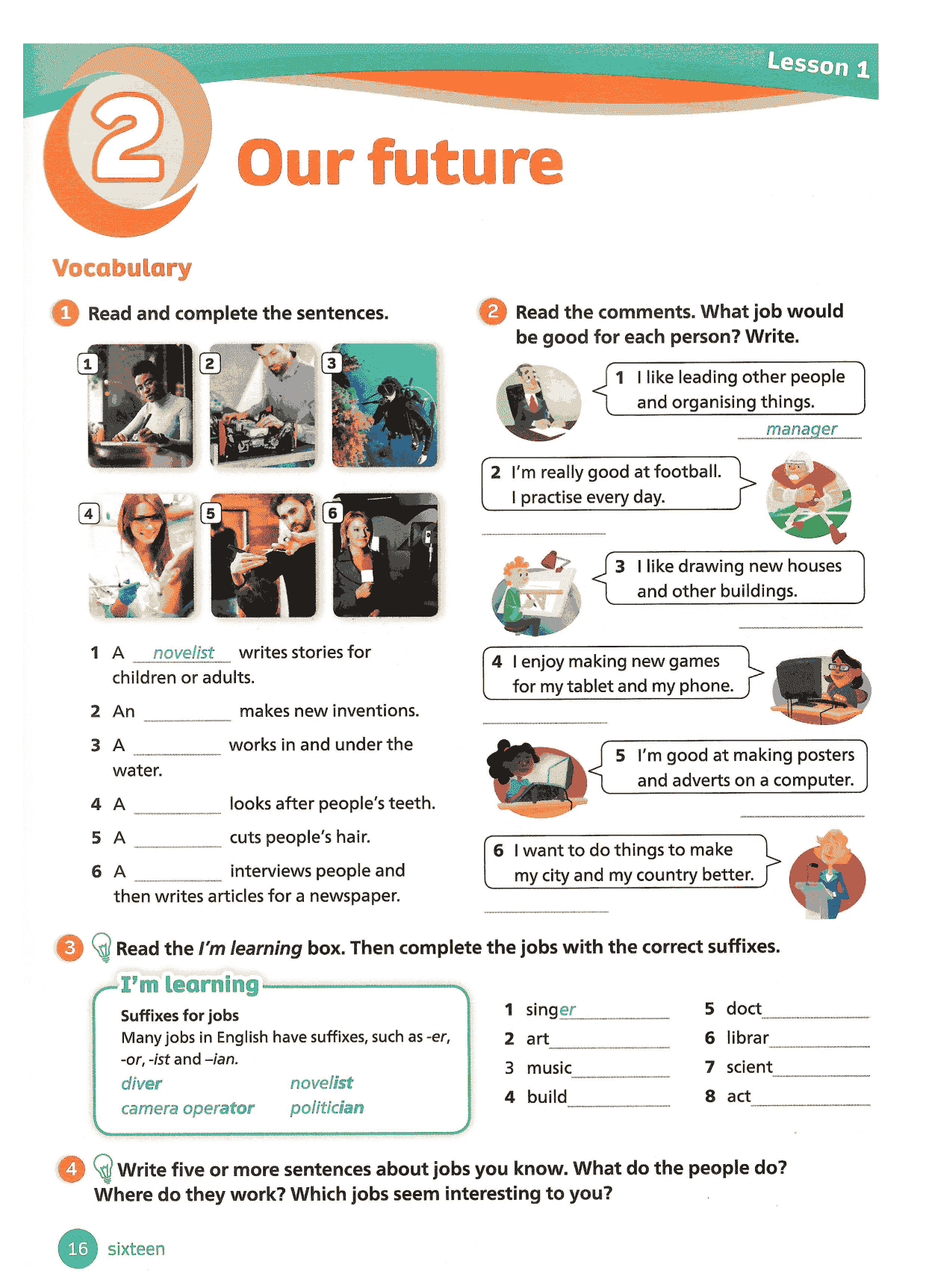
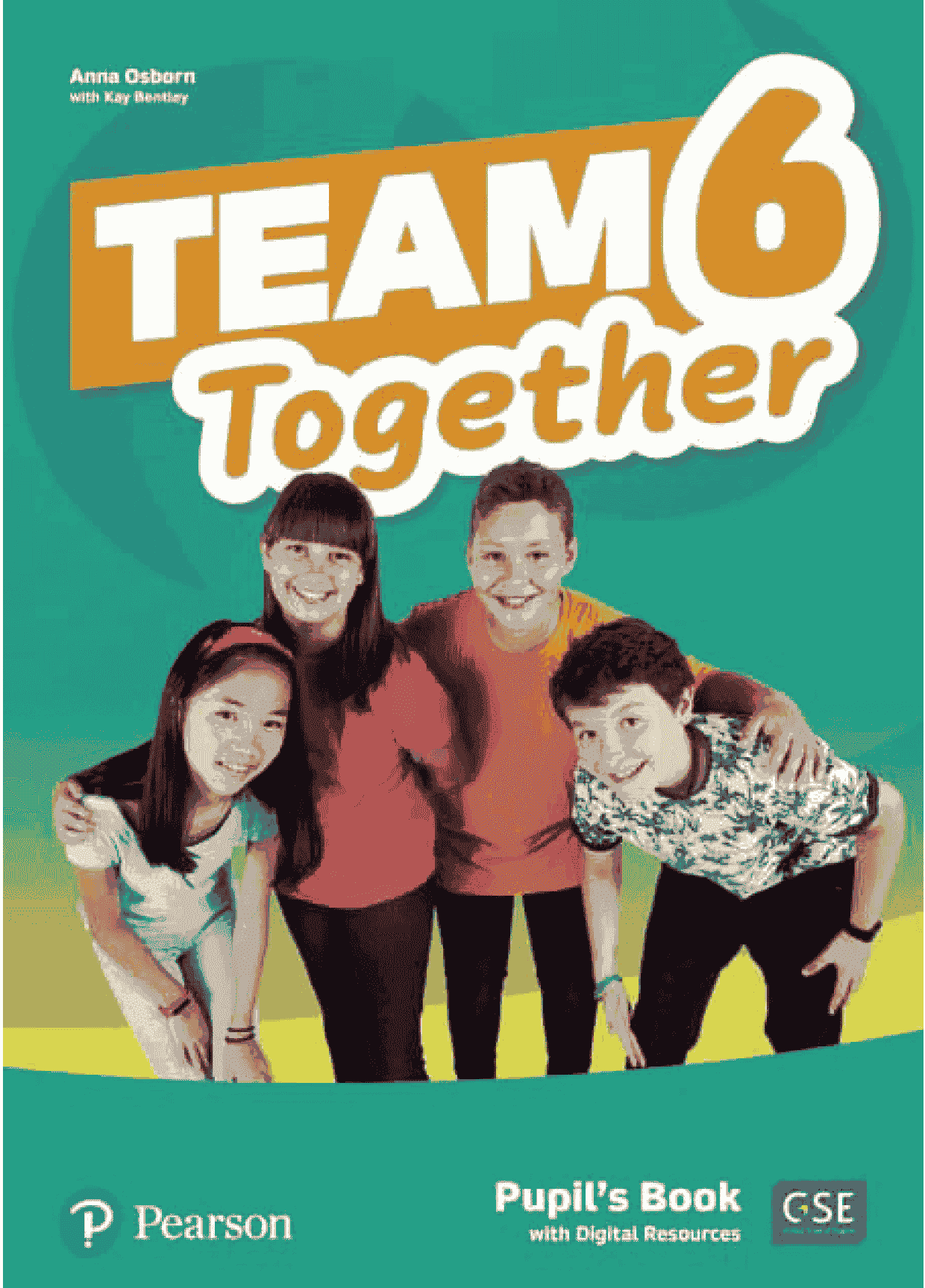
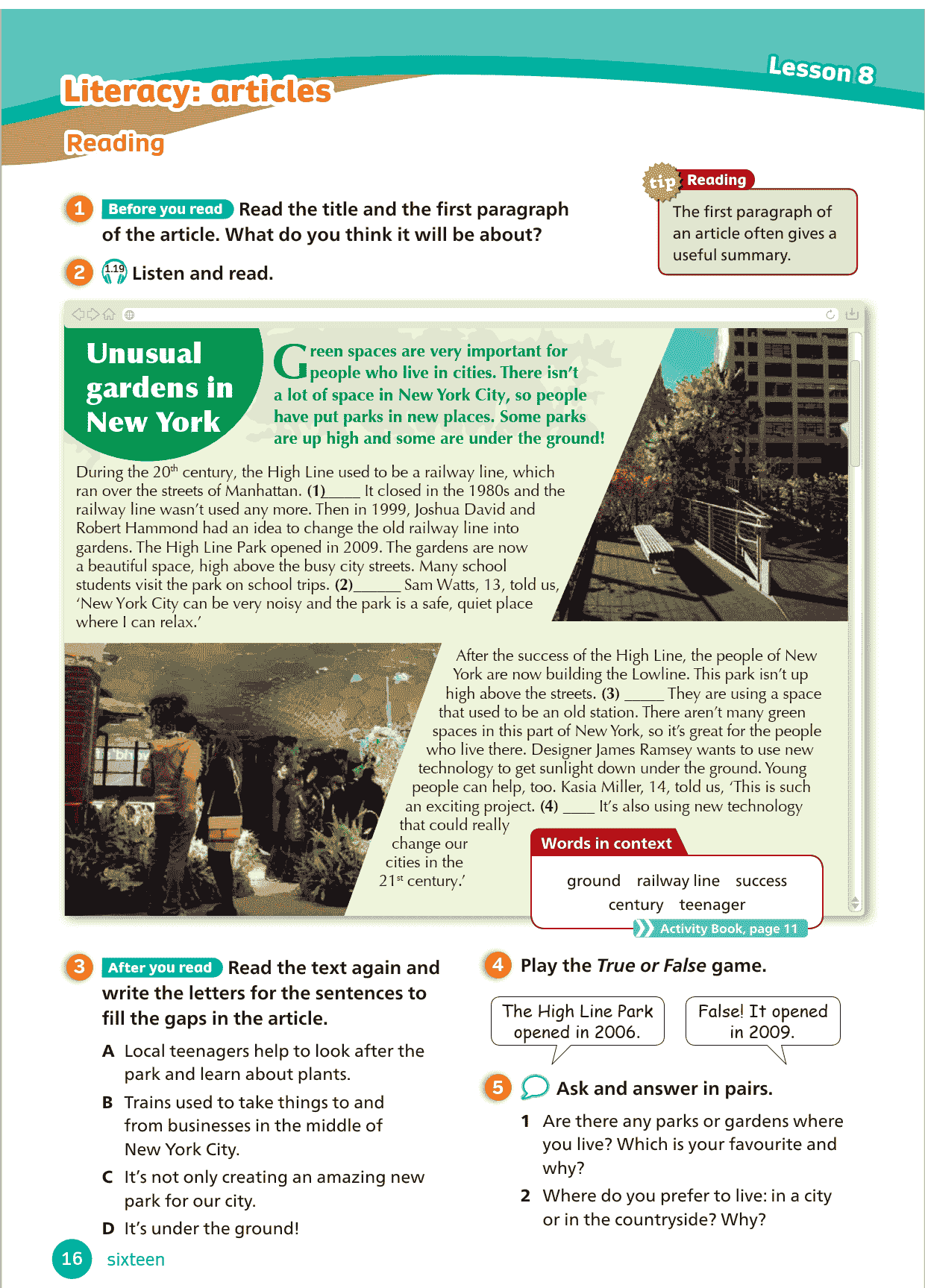
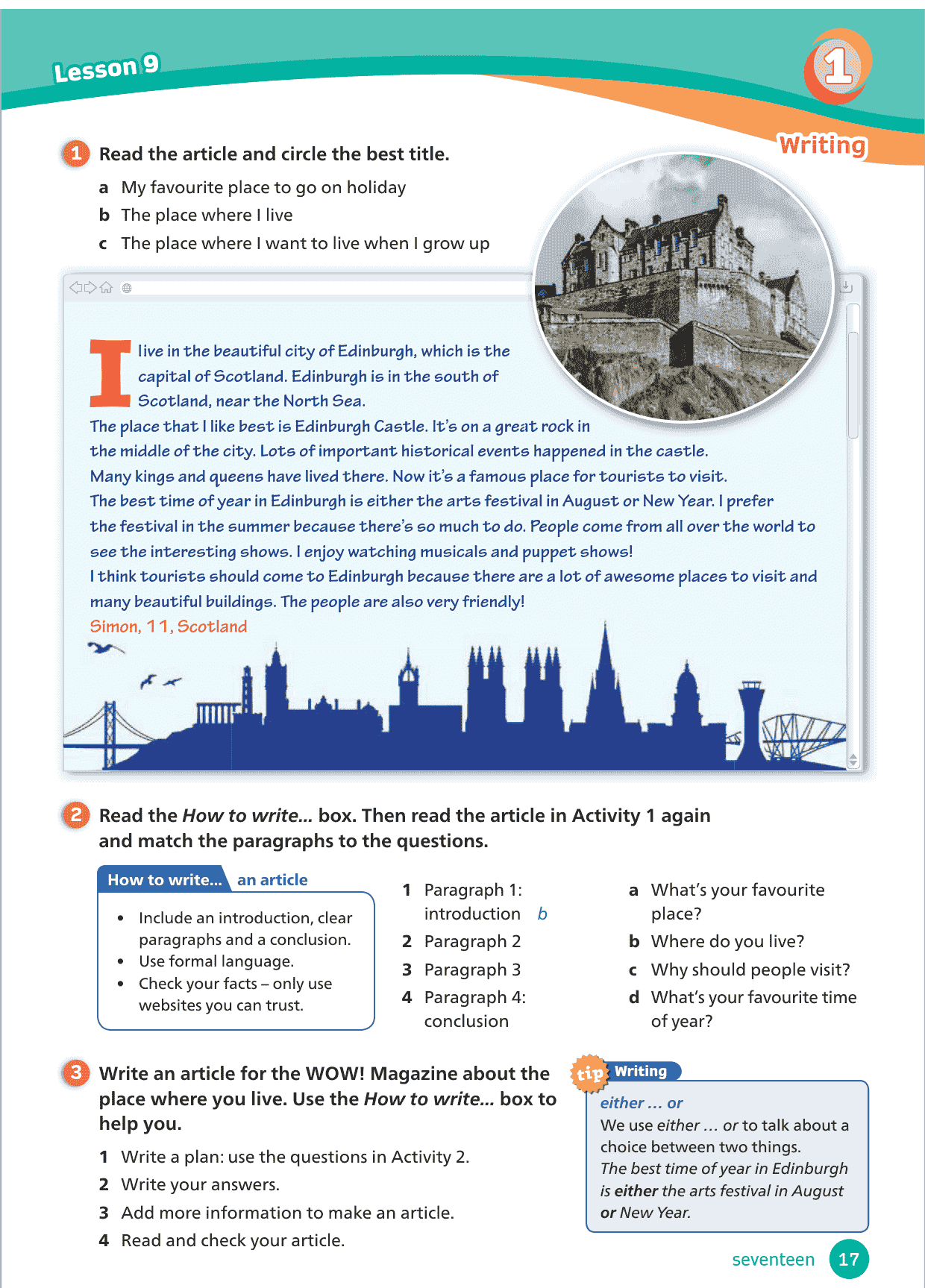
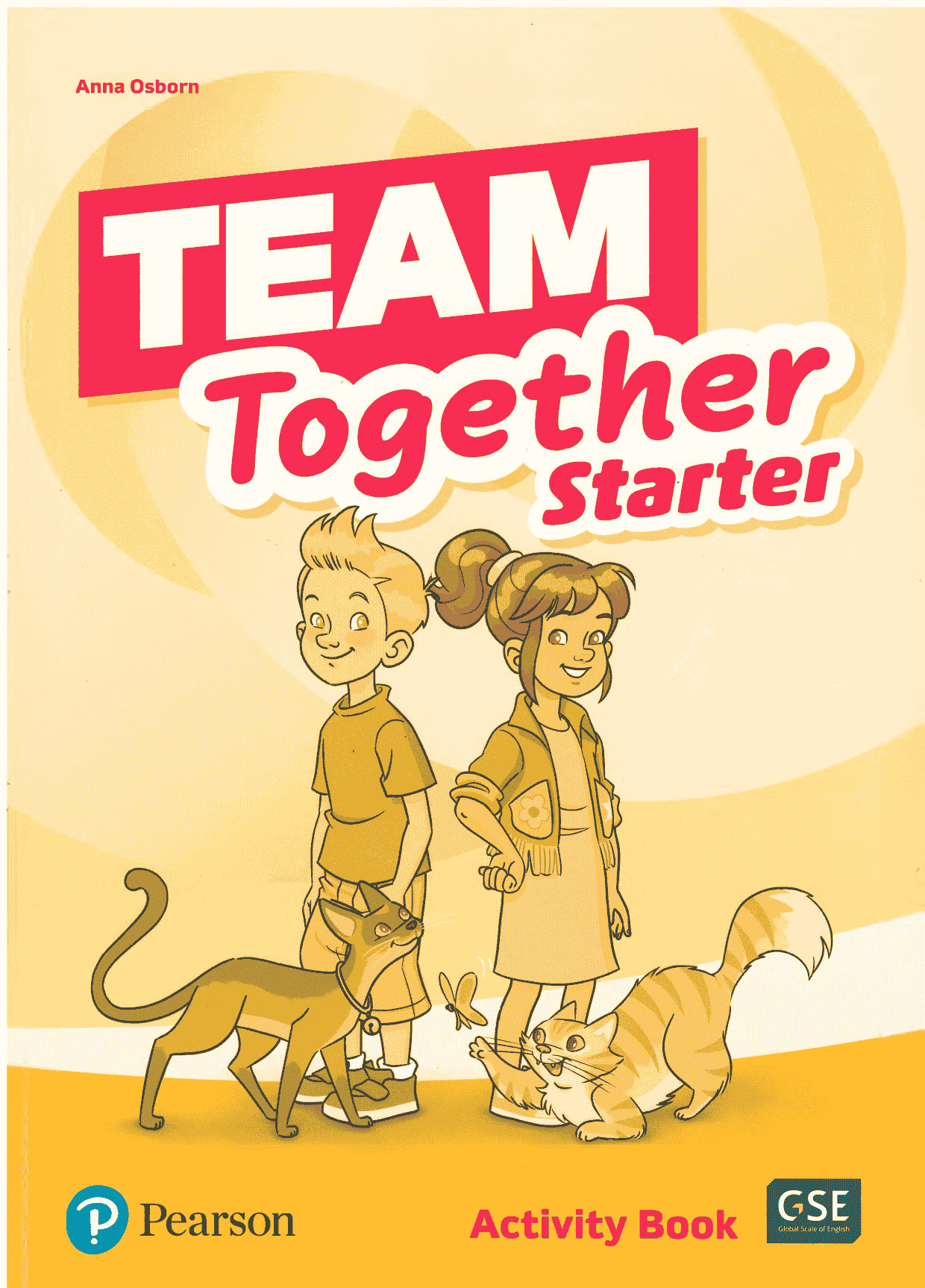
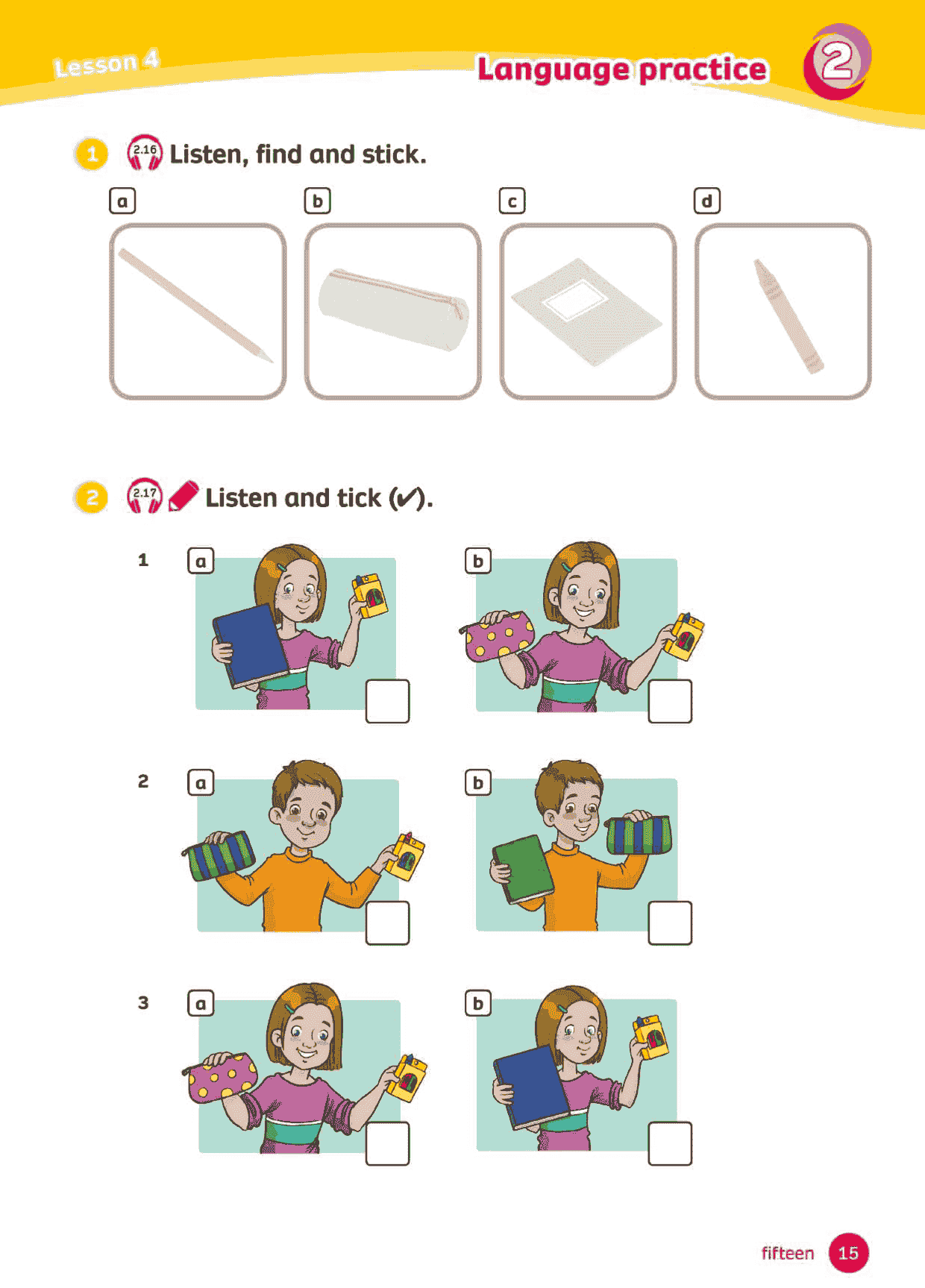
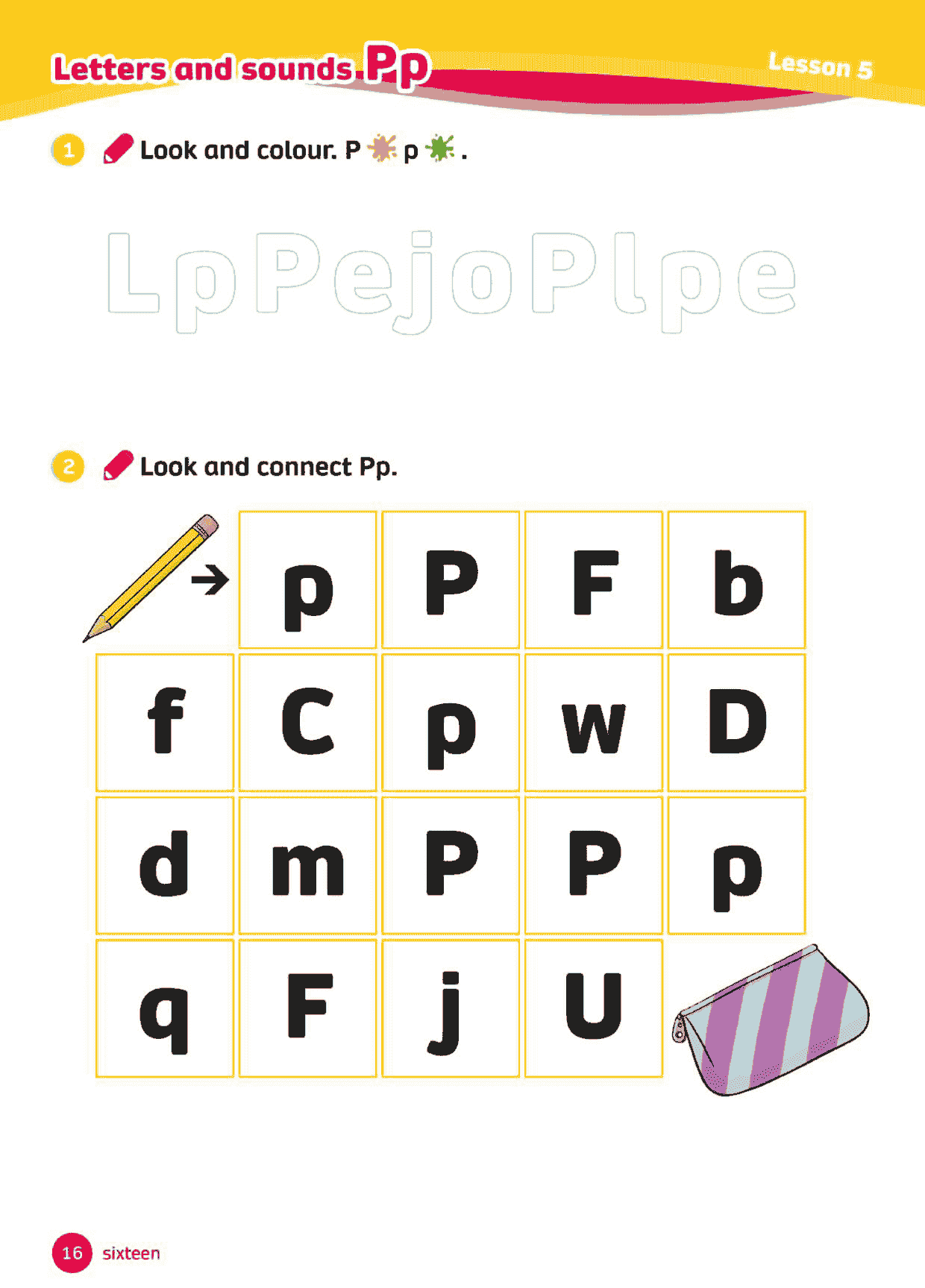
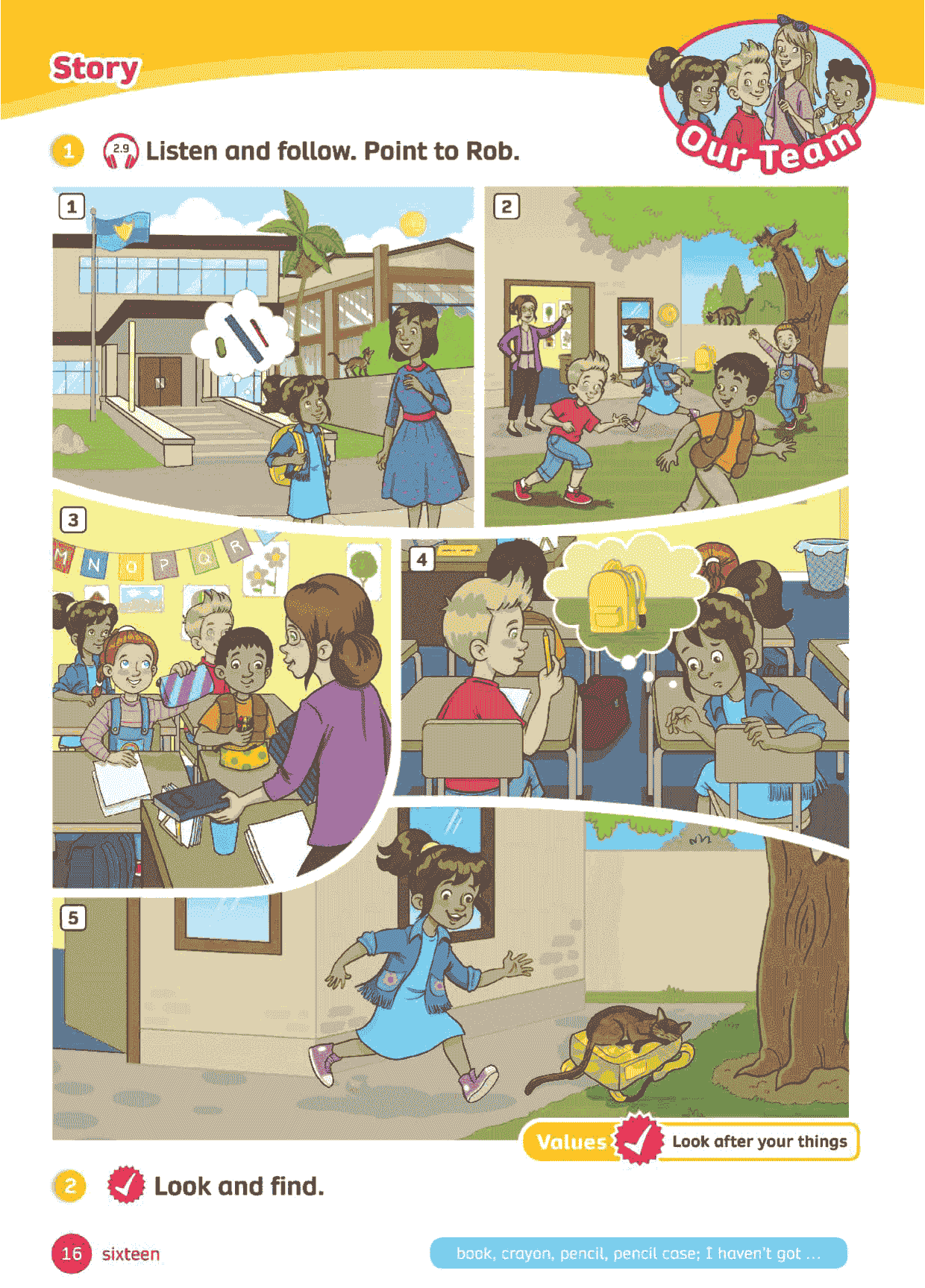
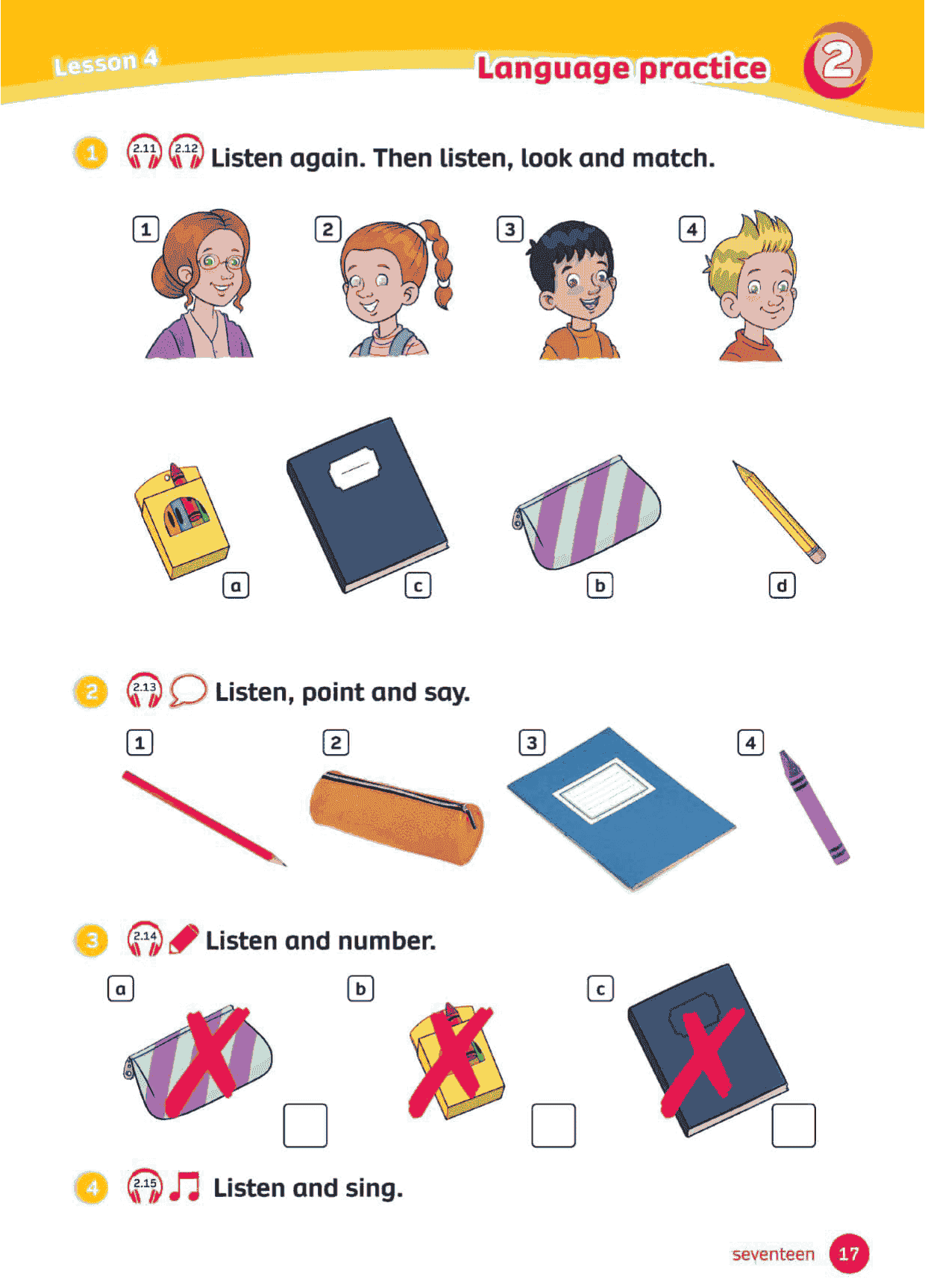
评论(0)